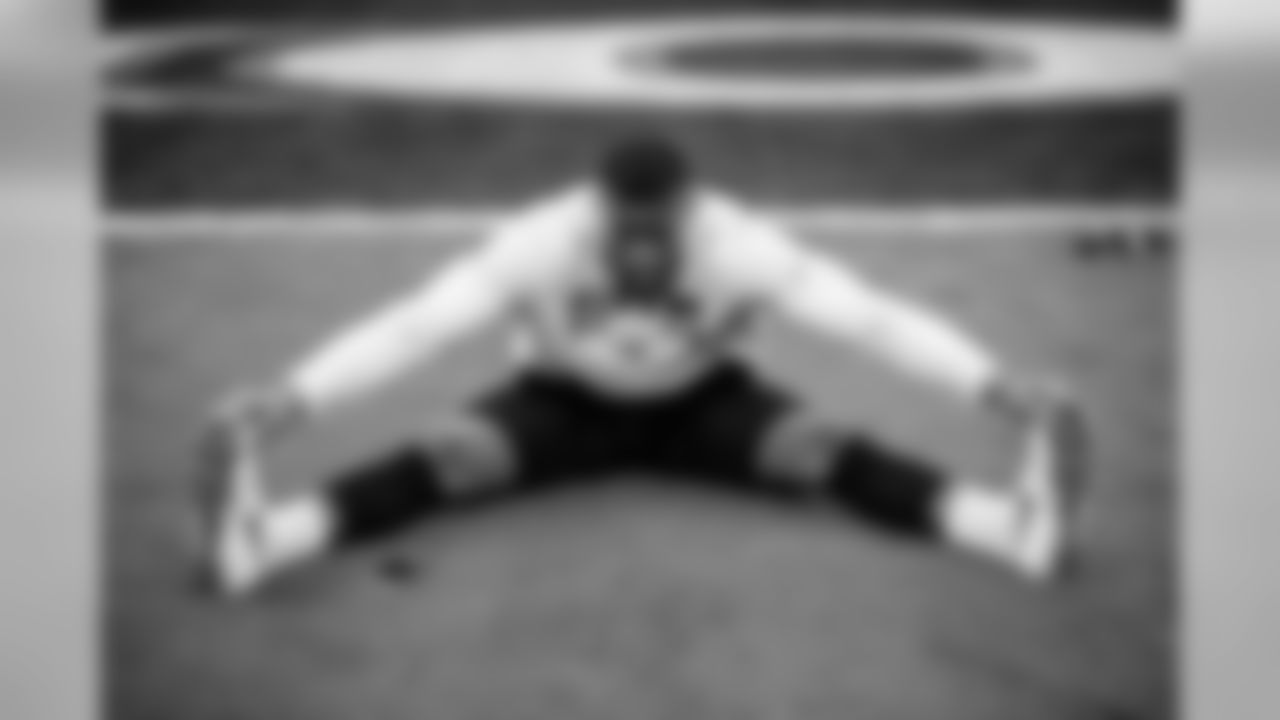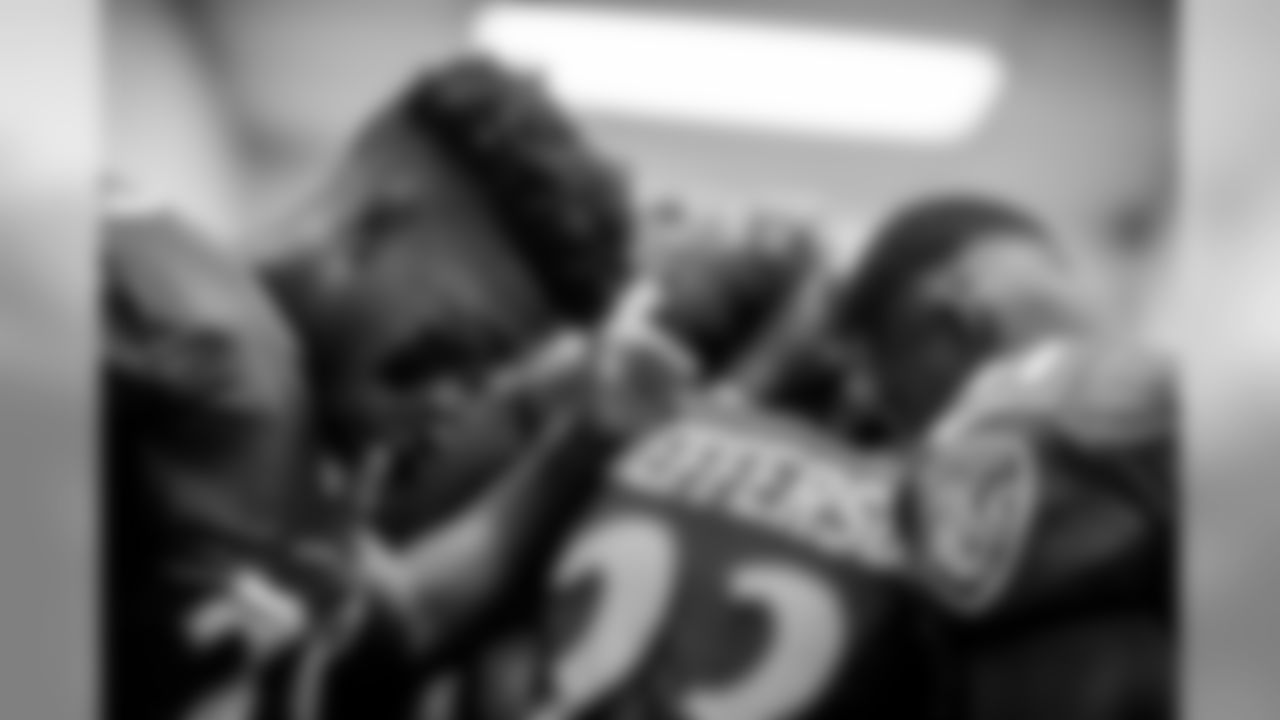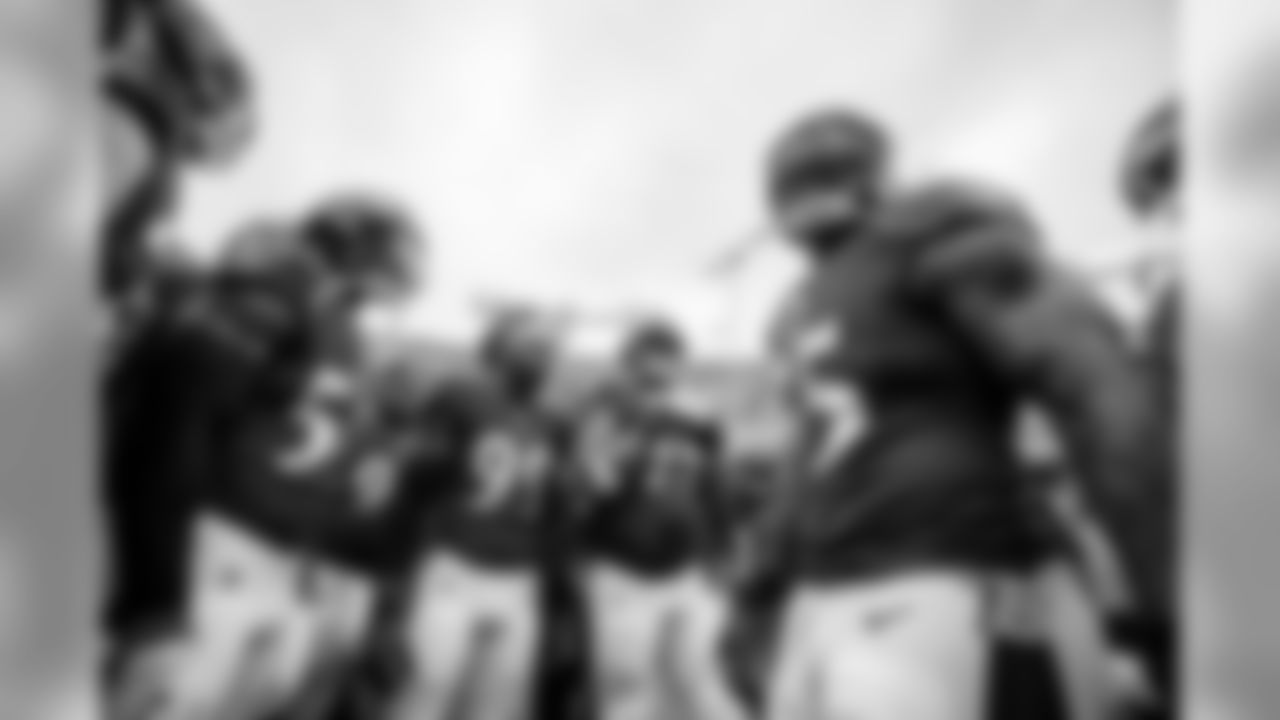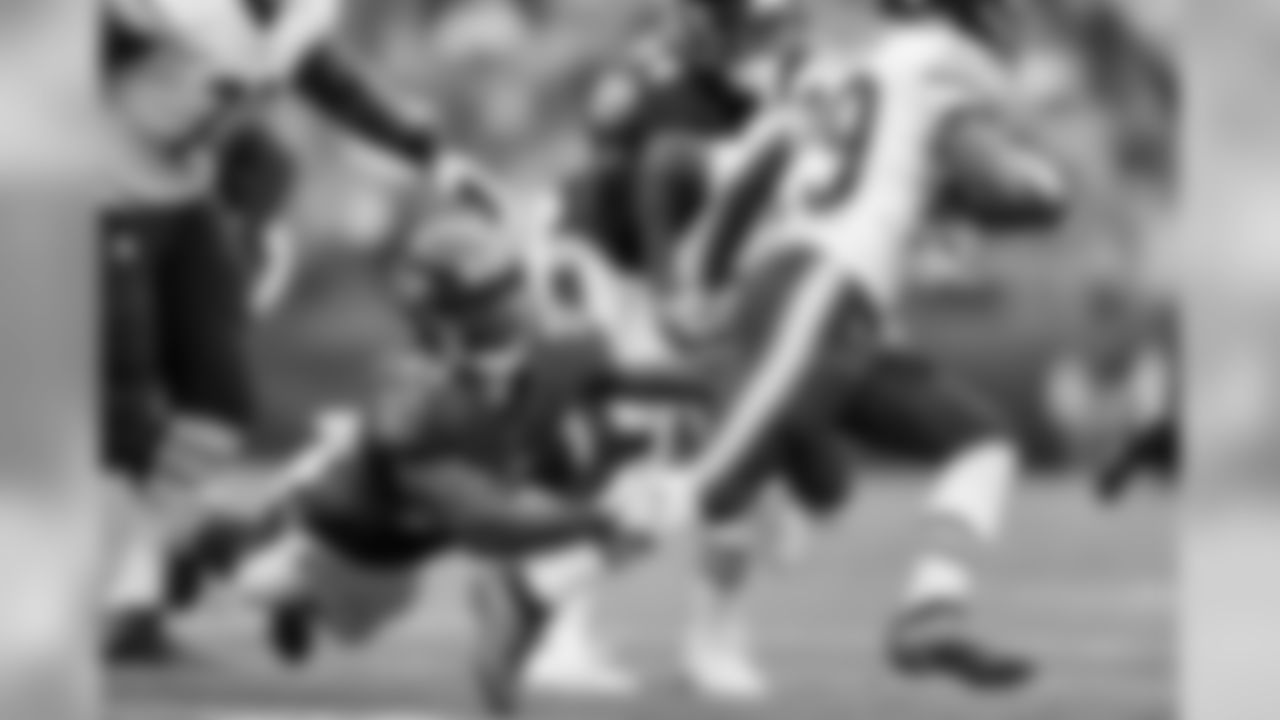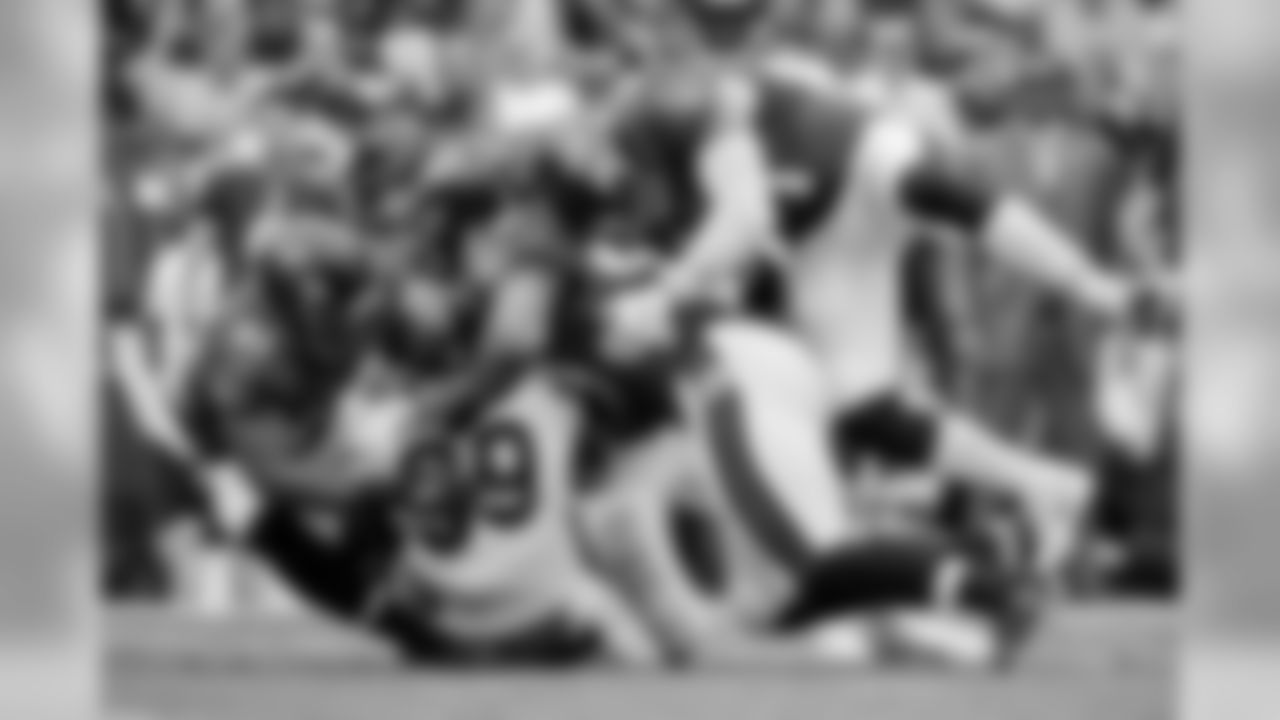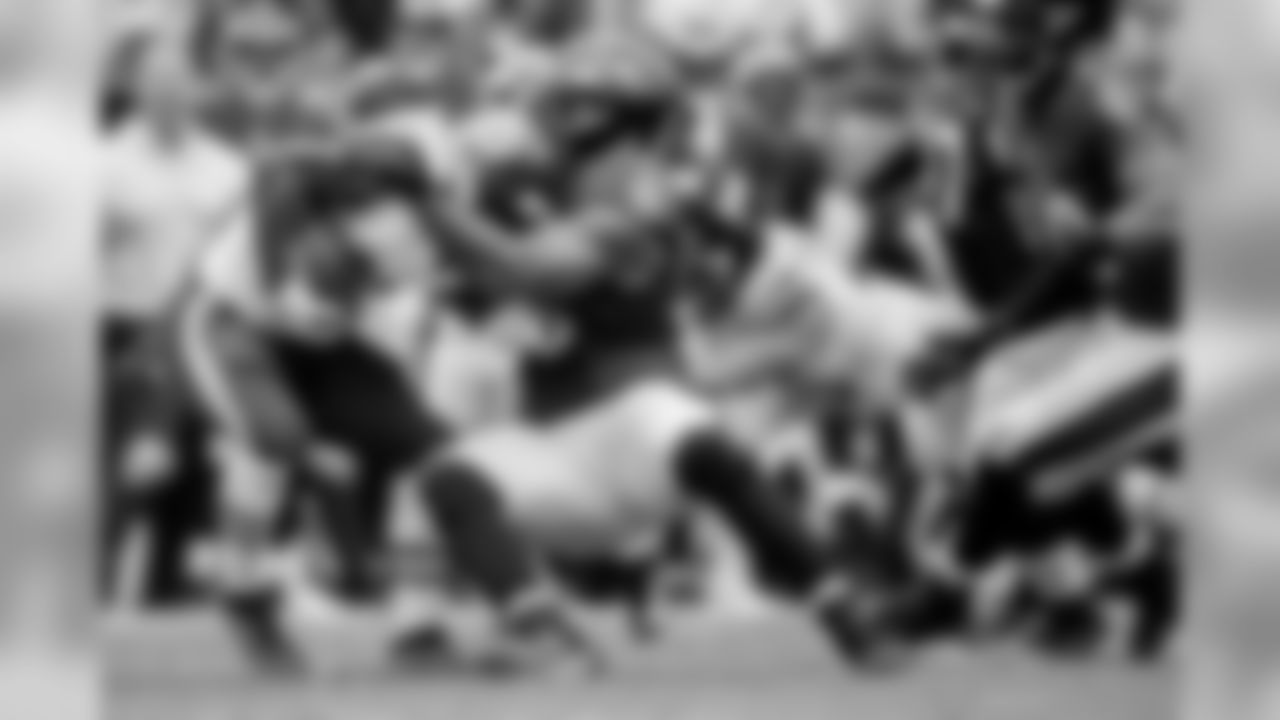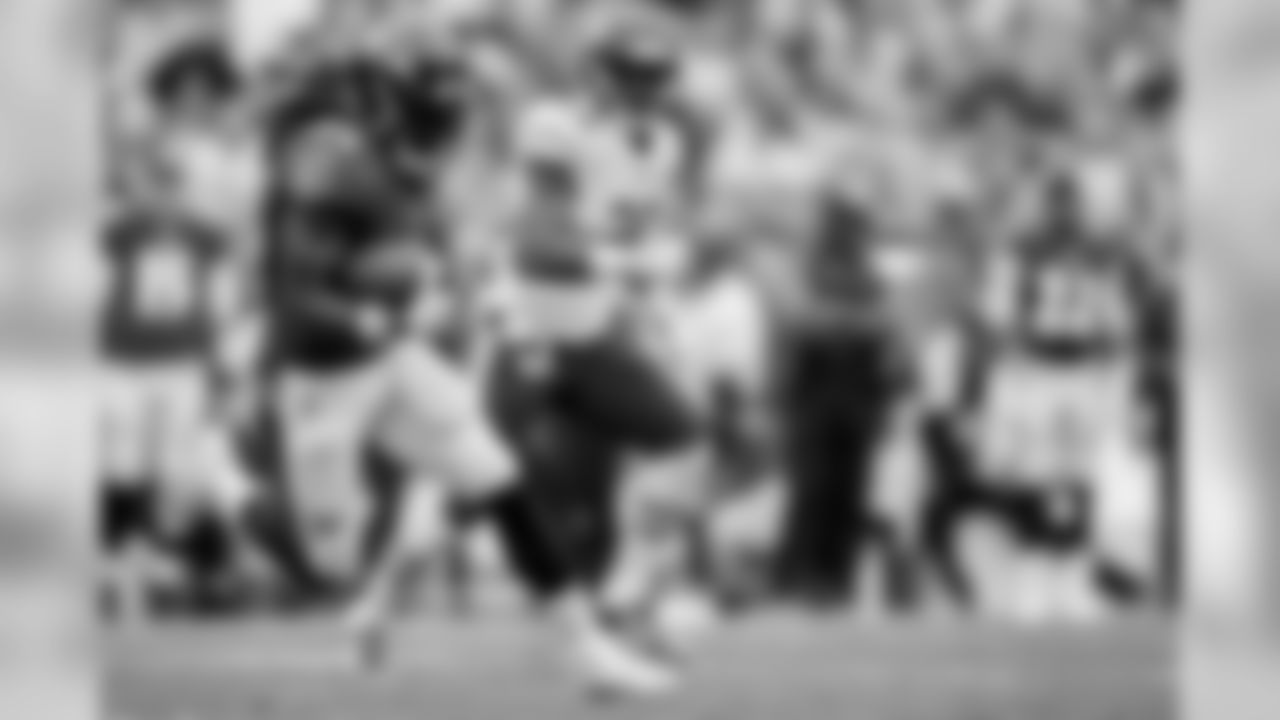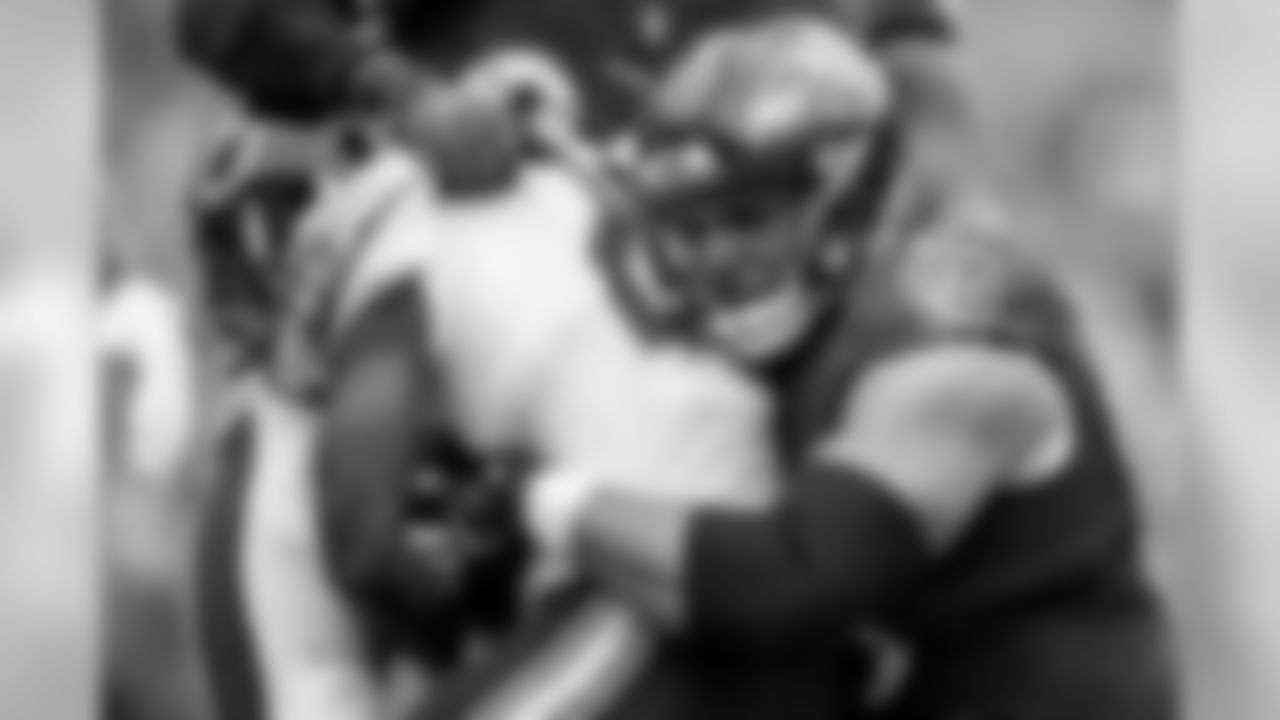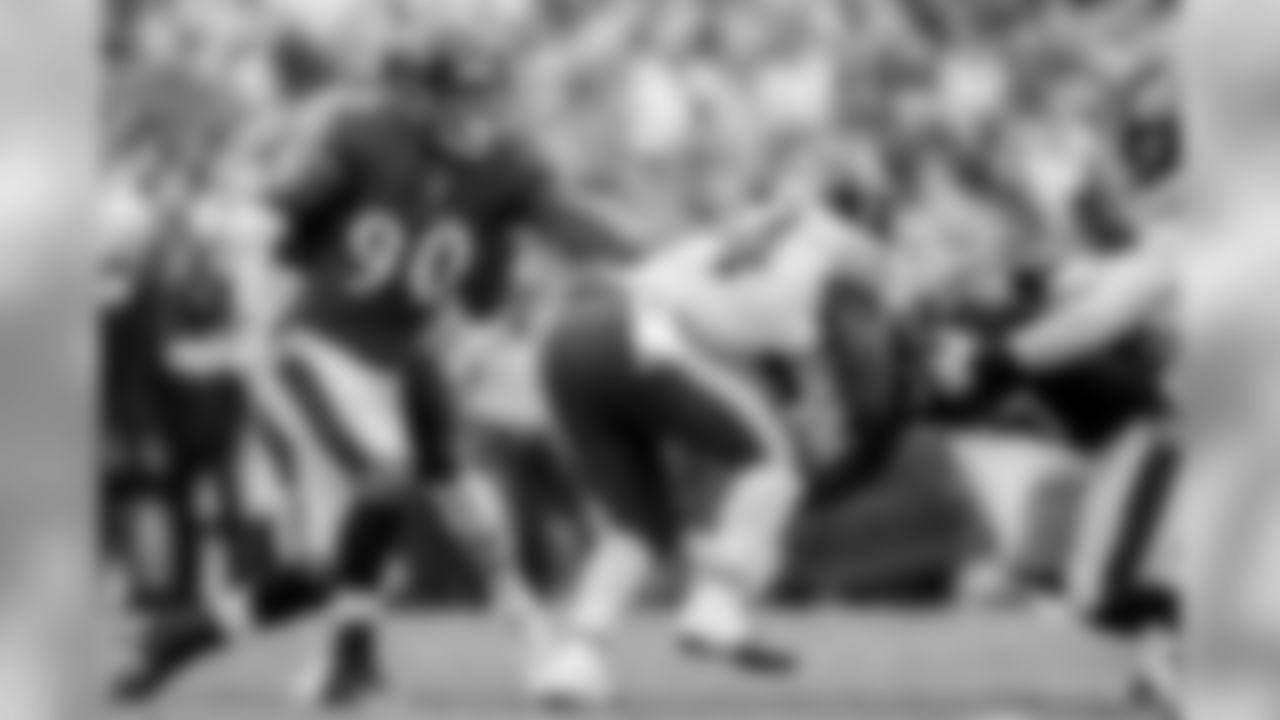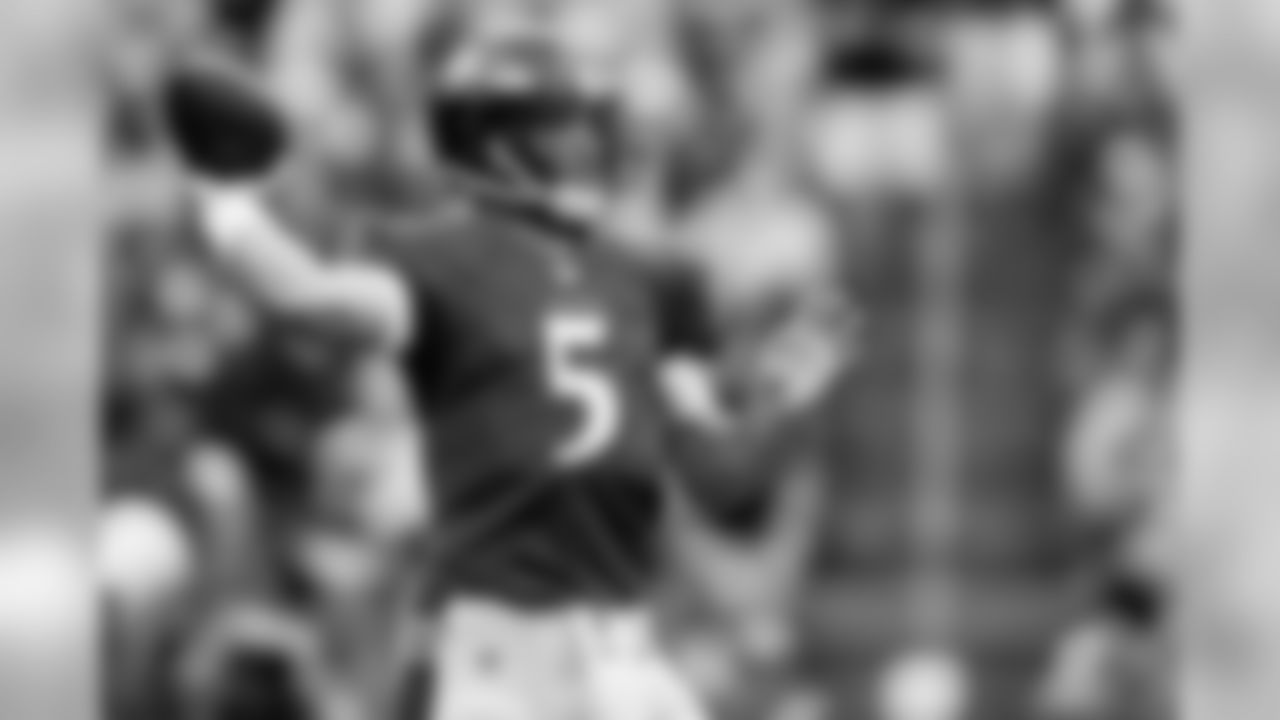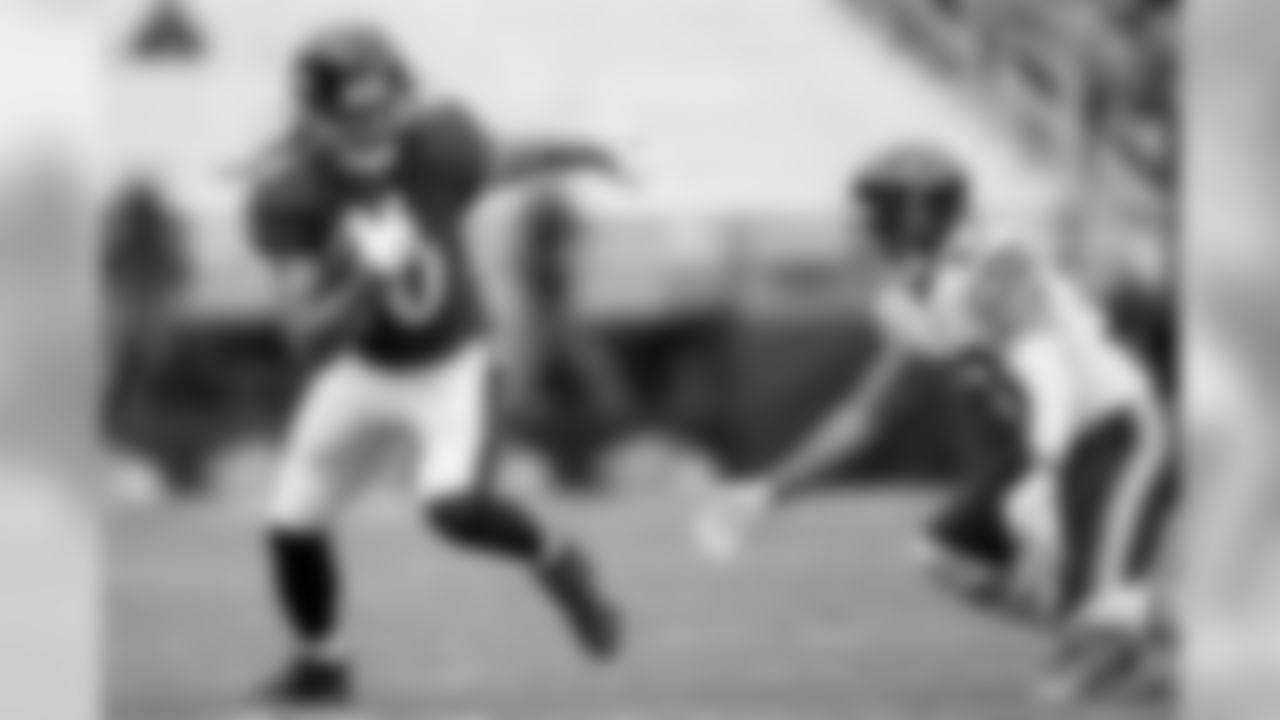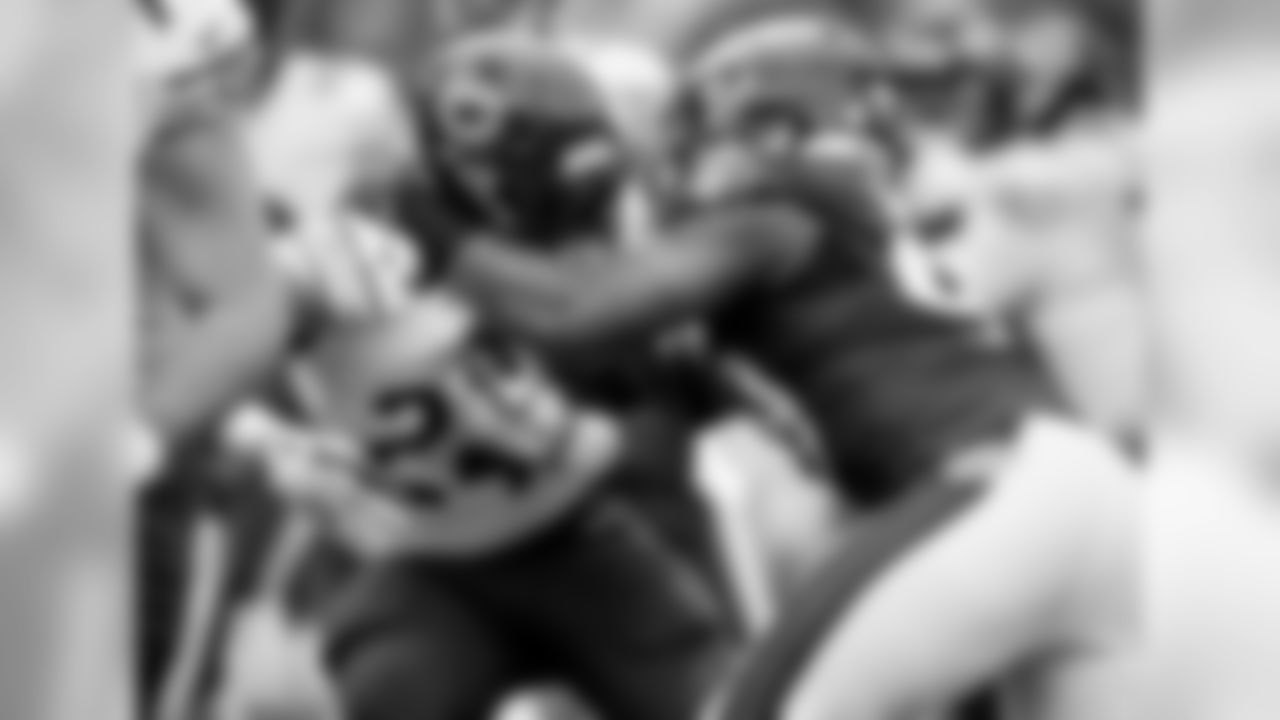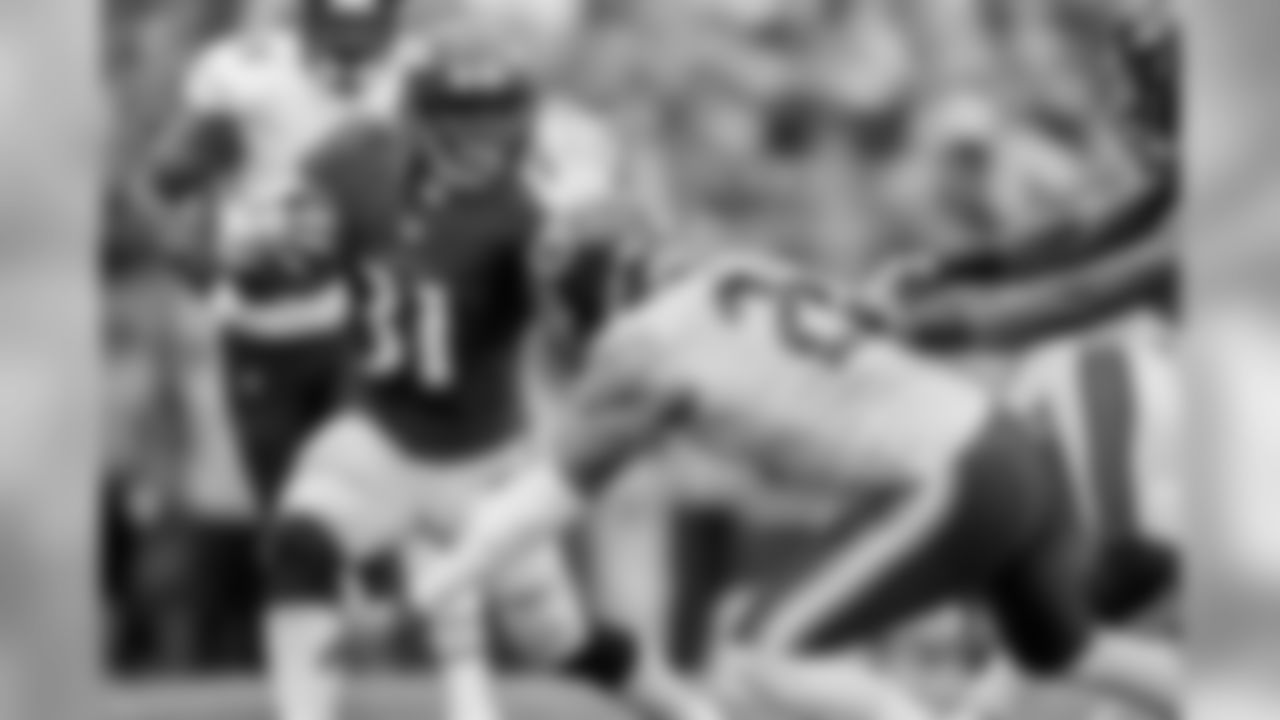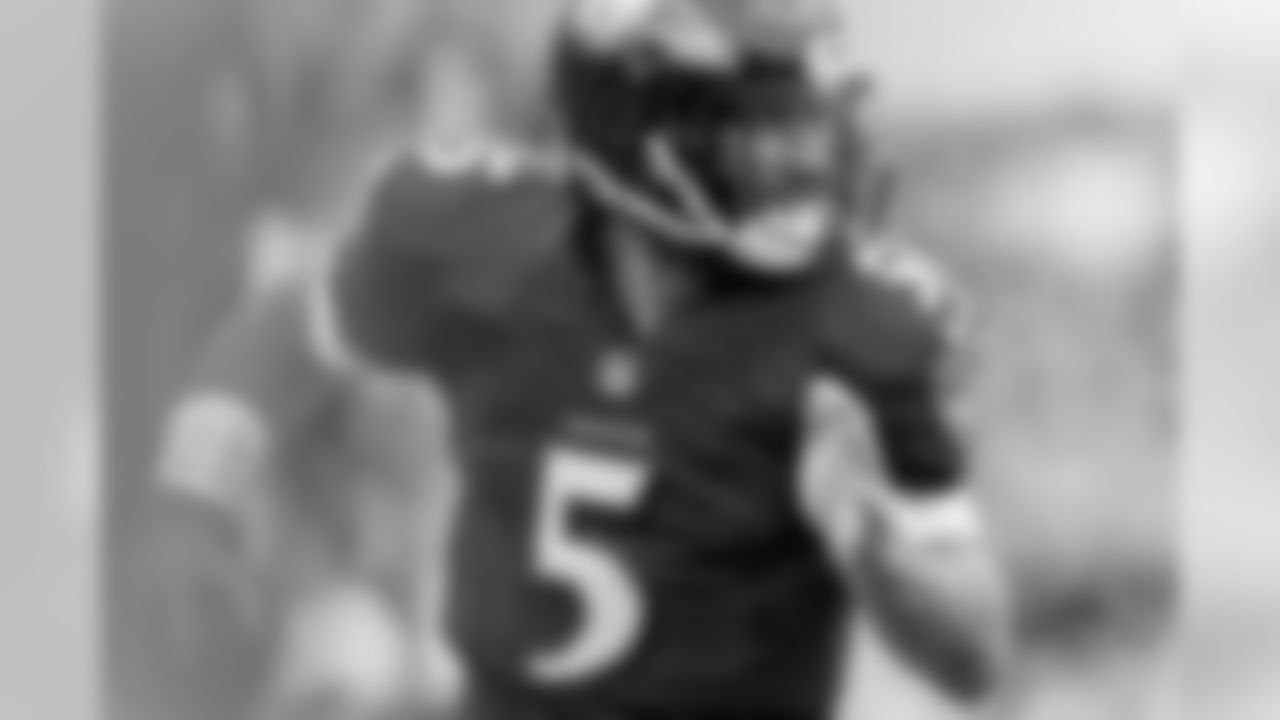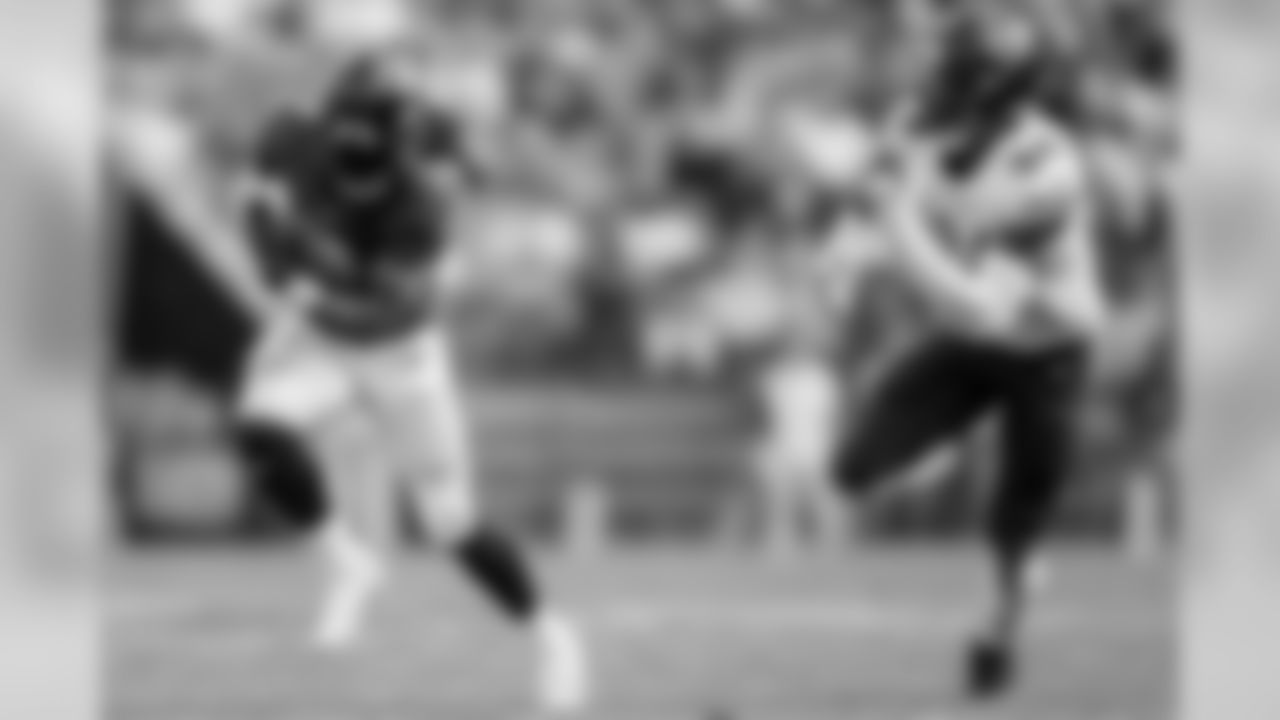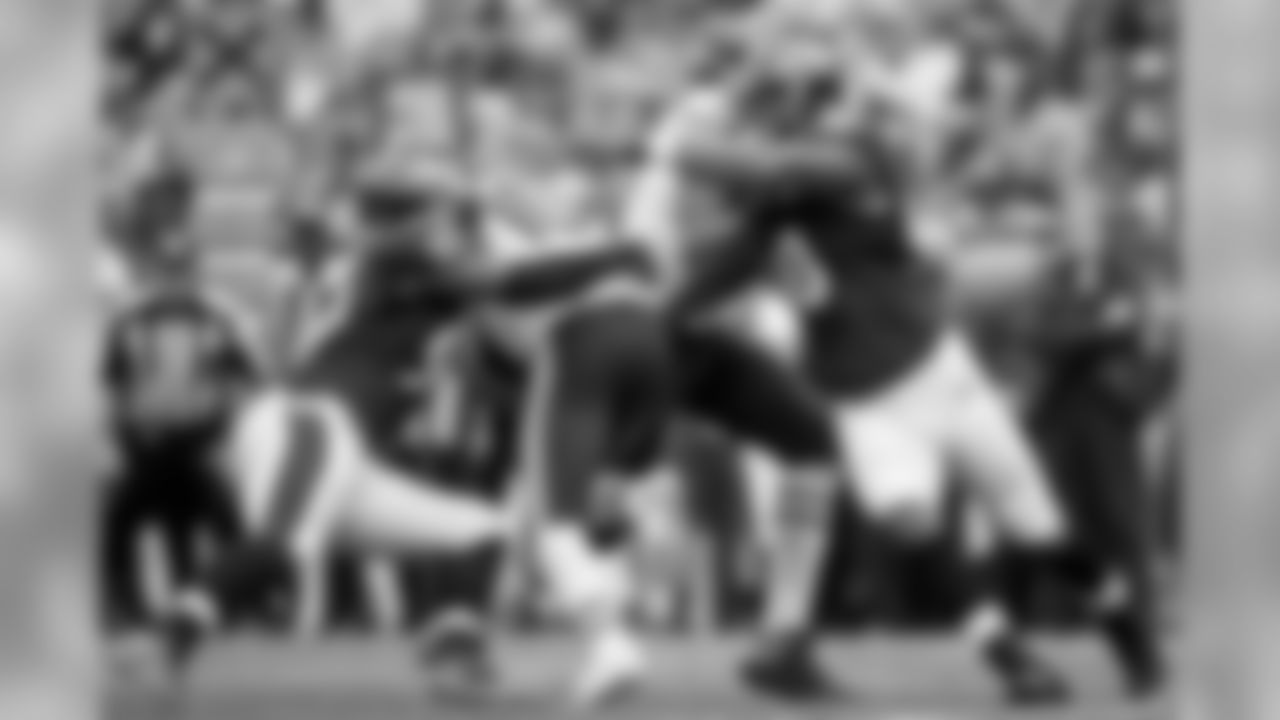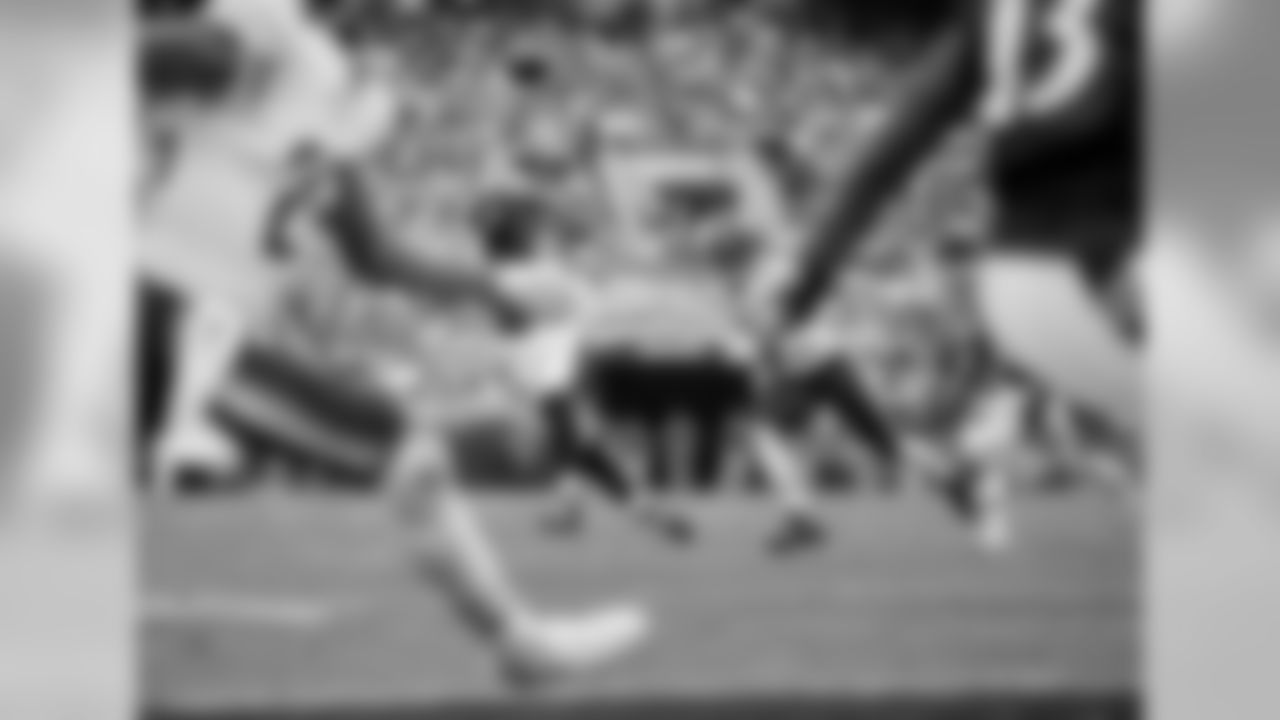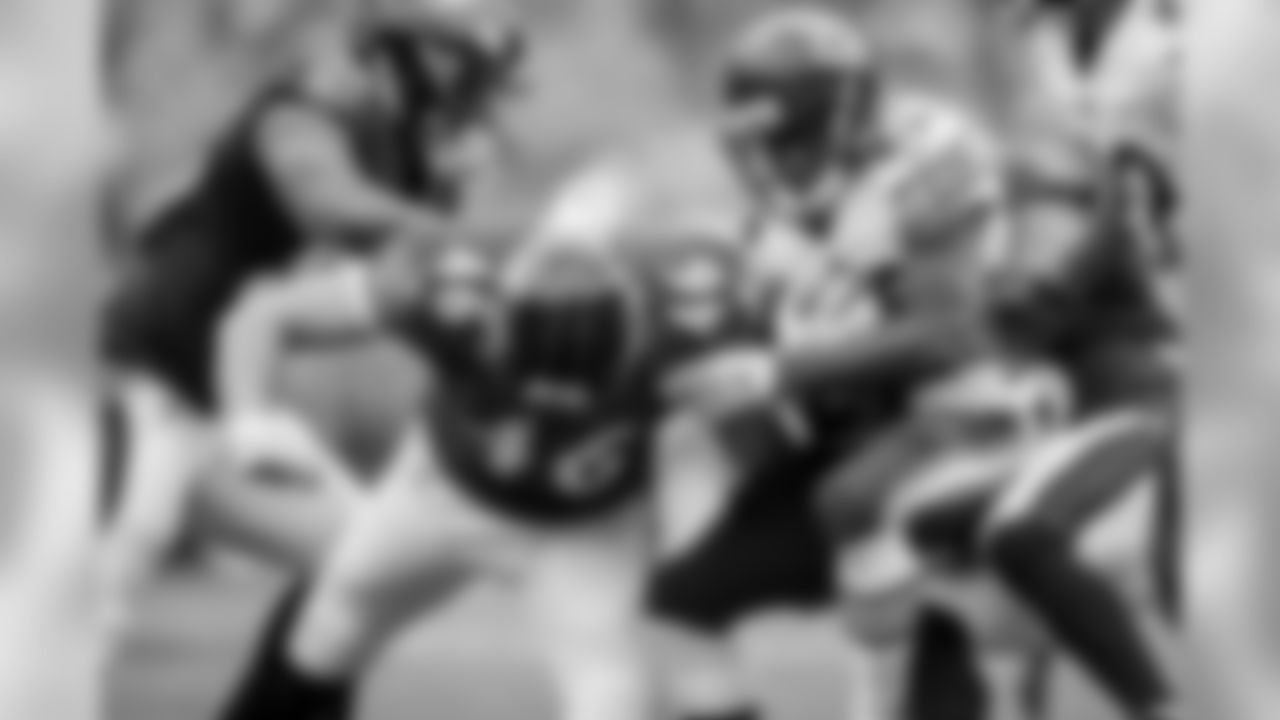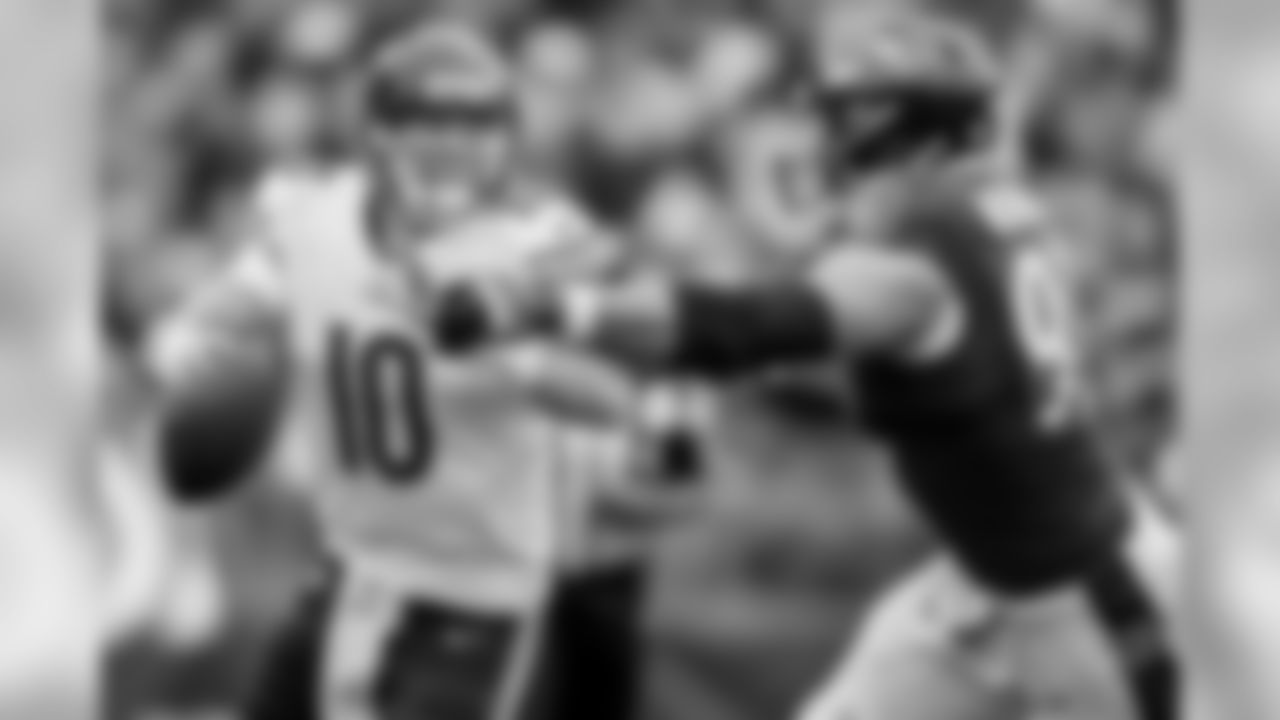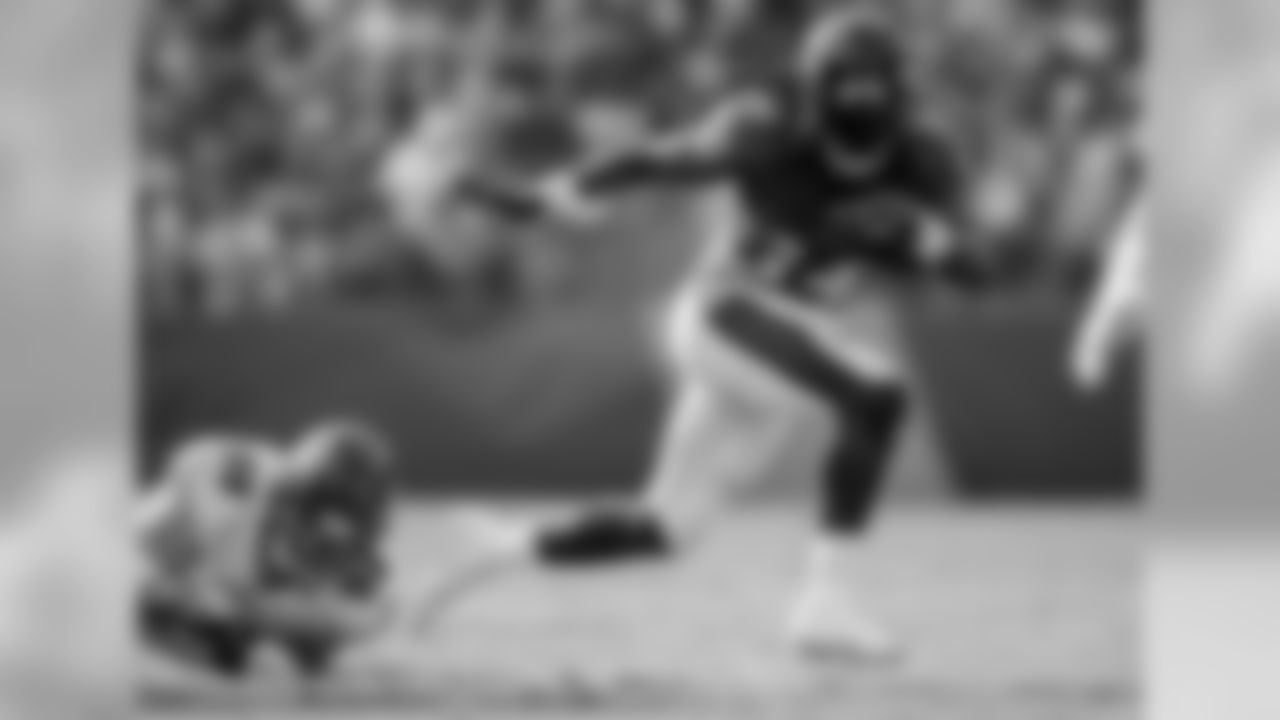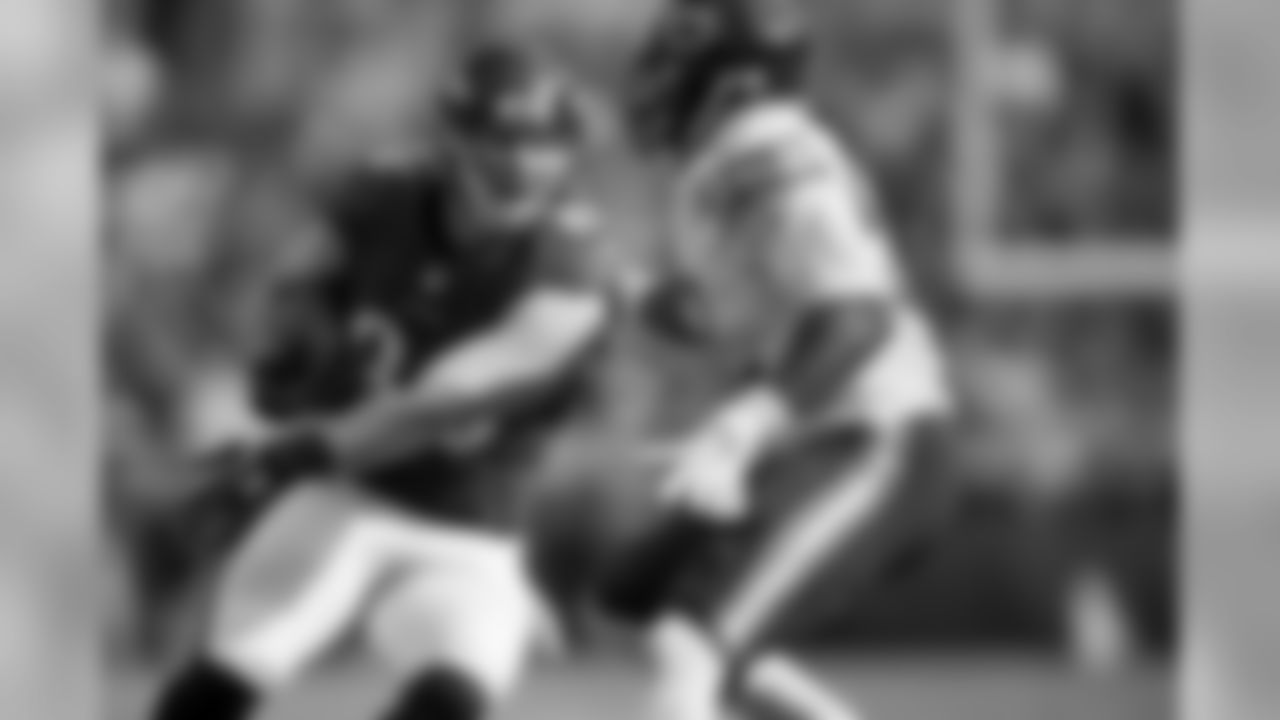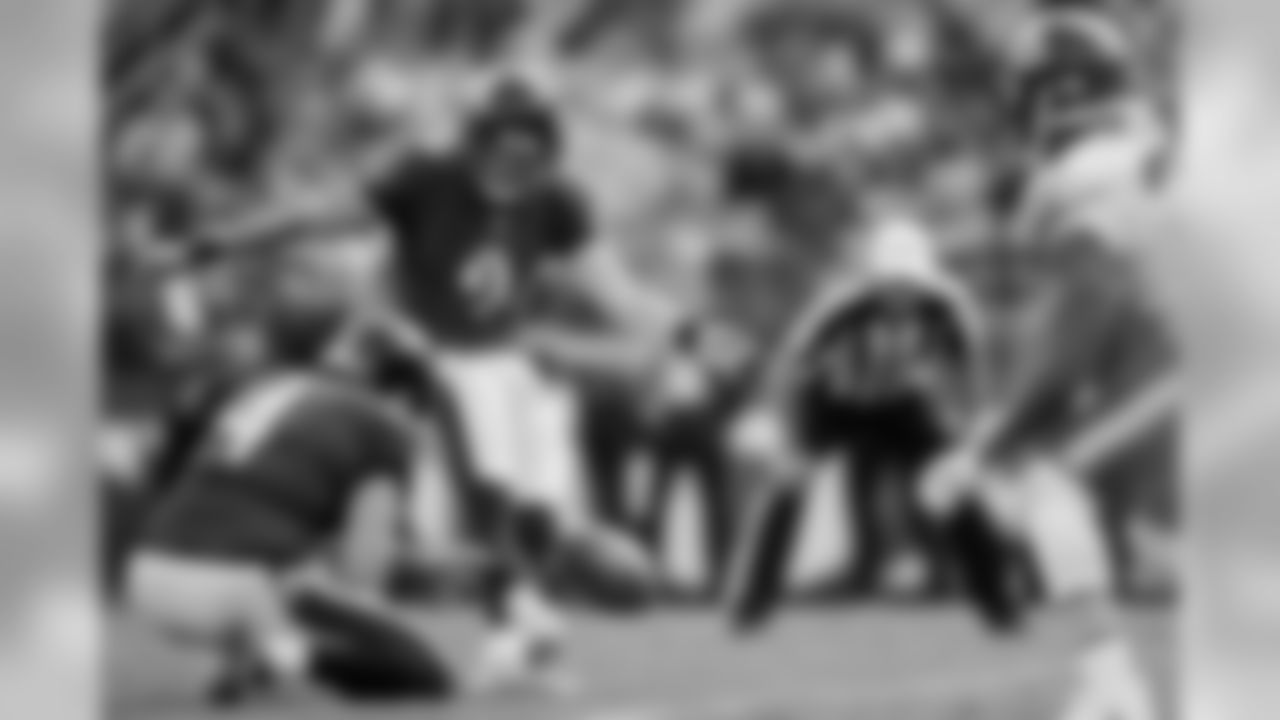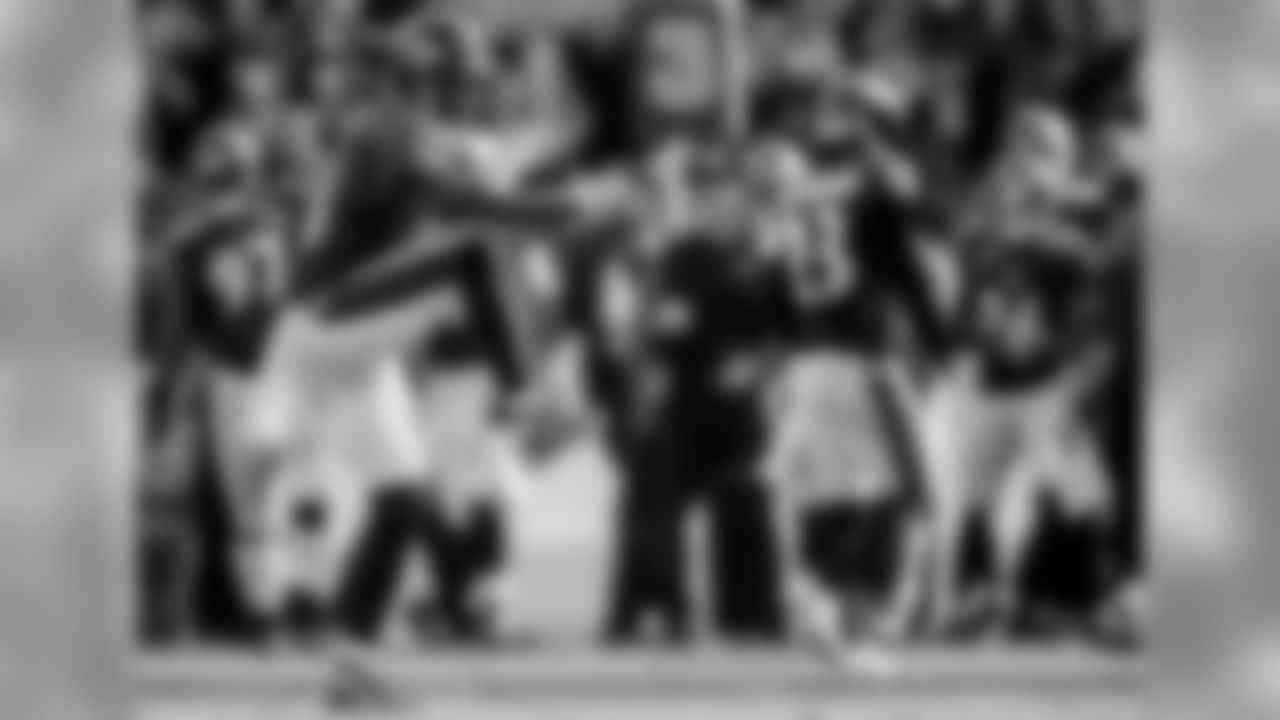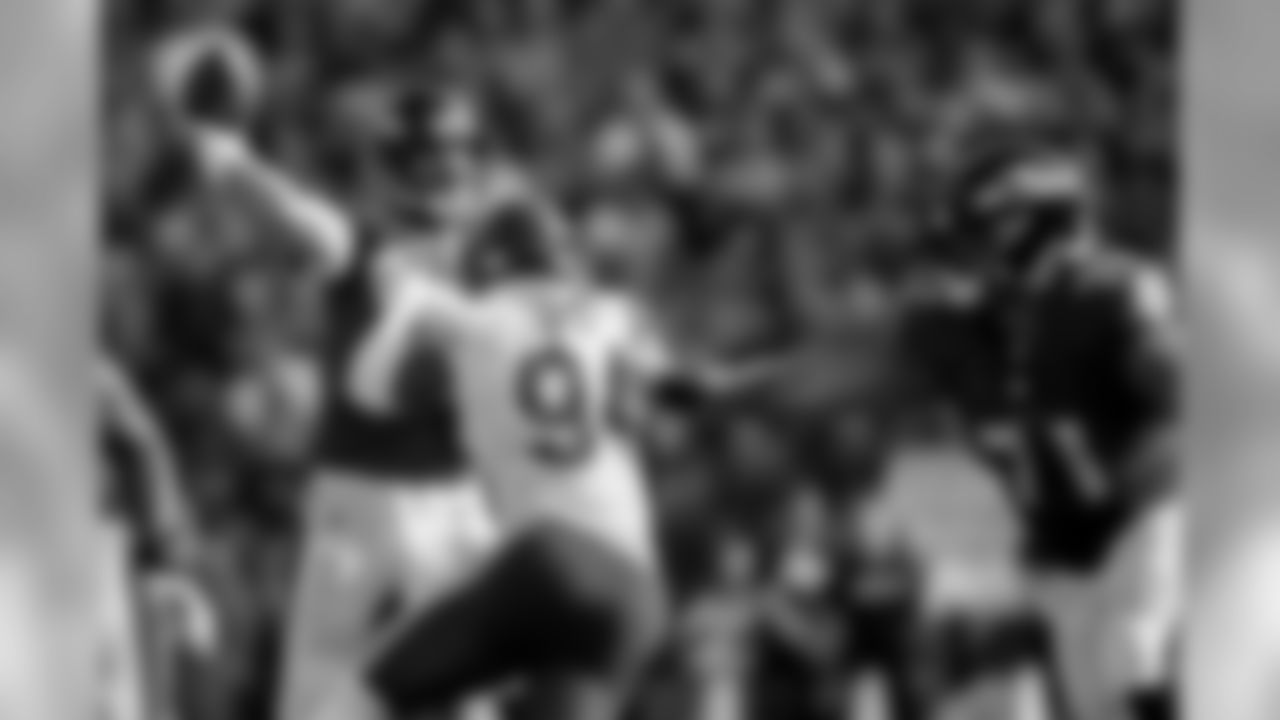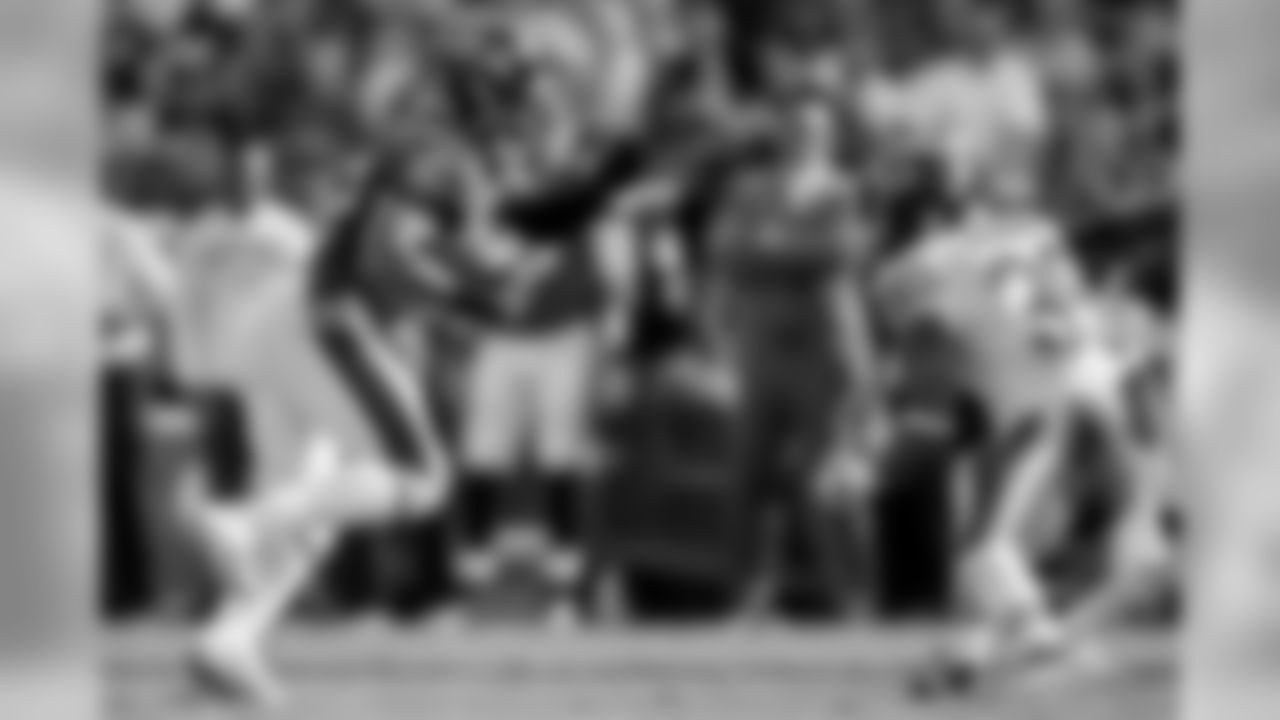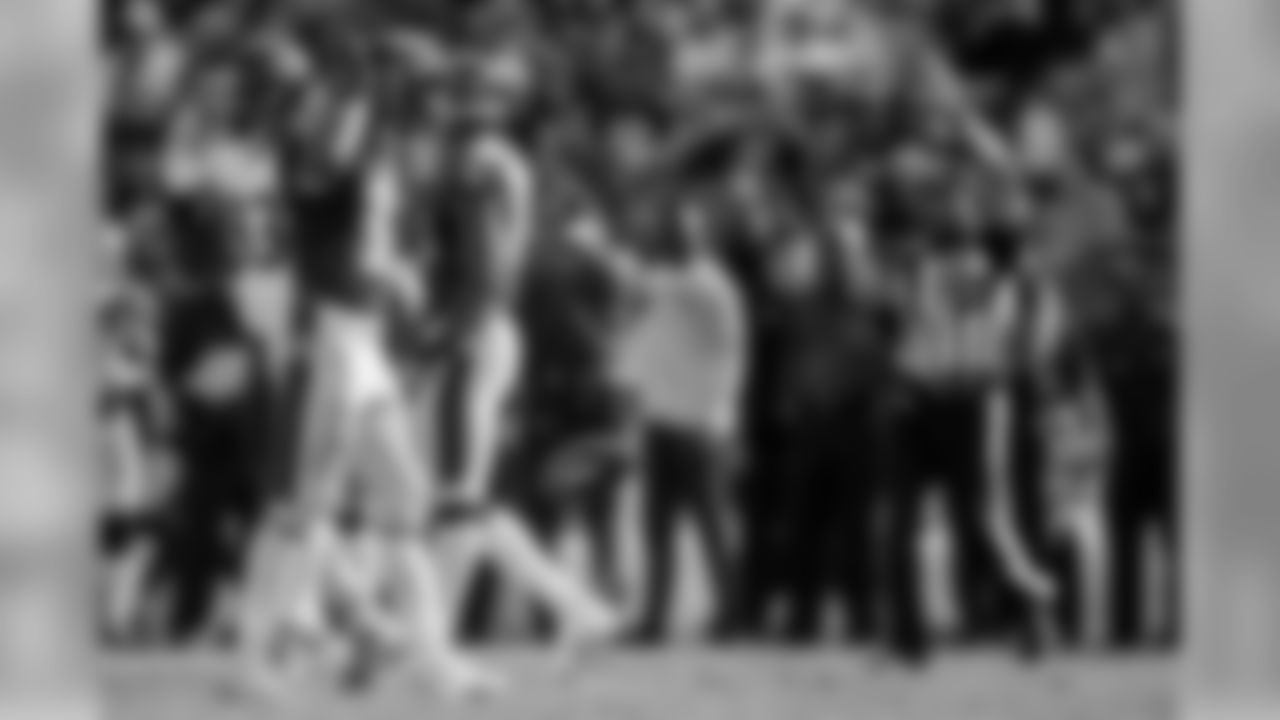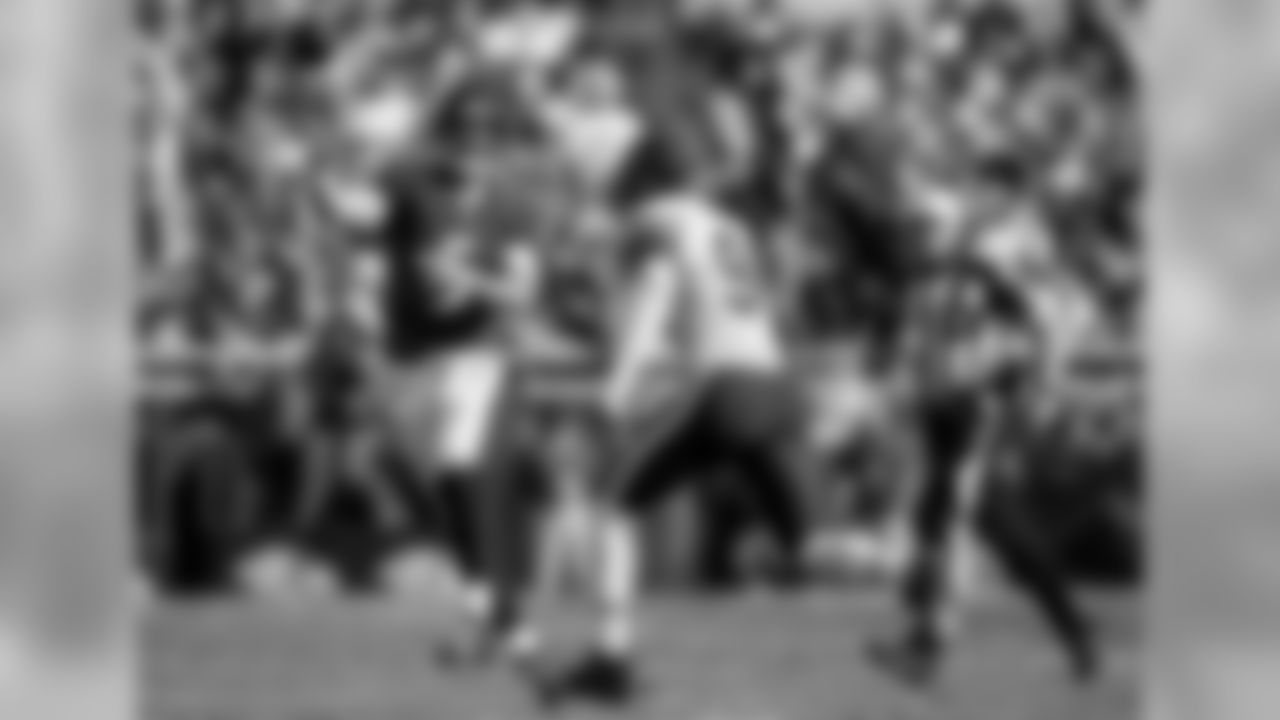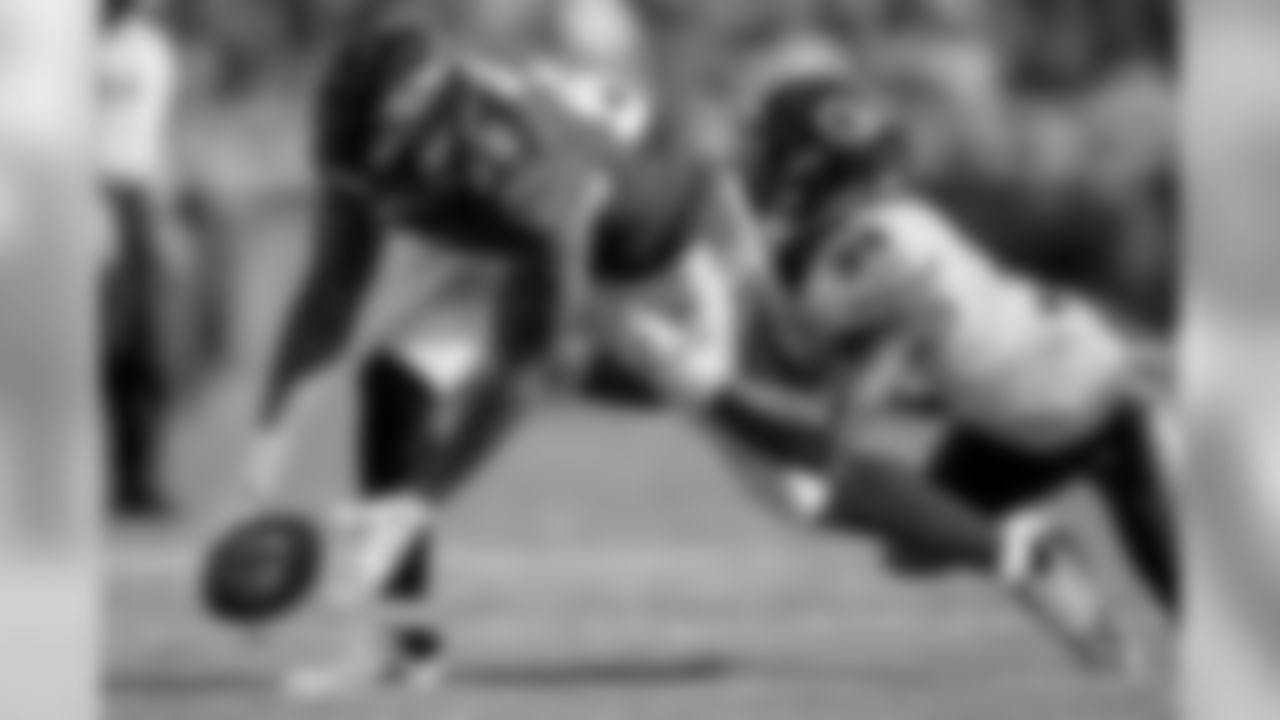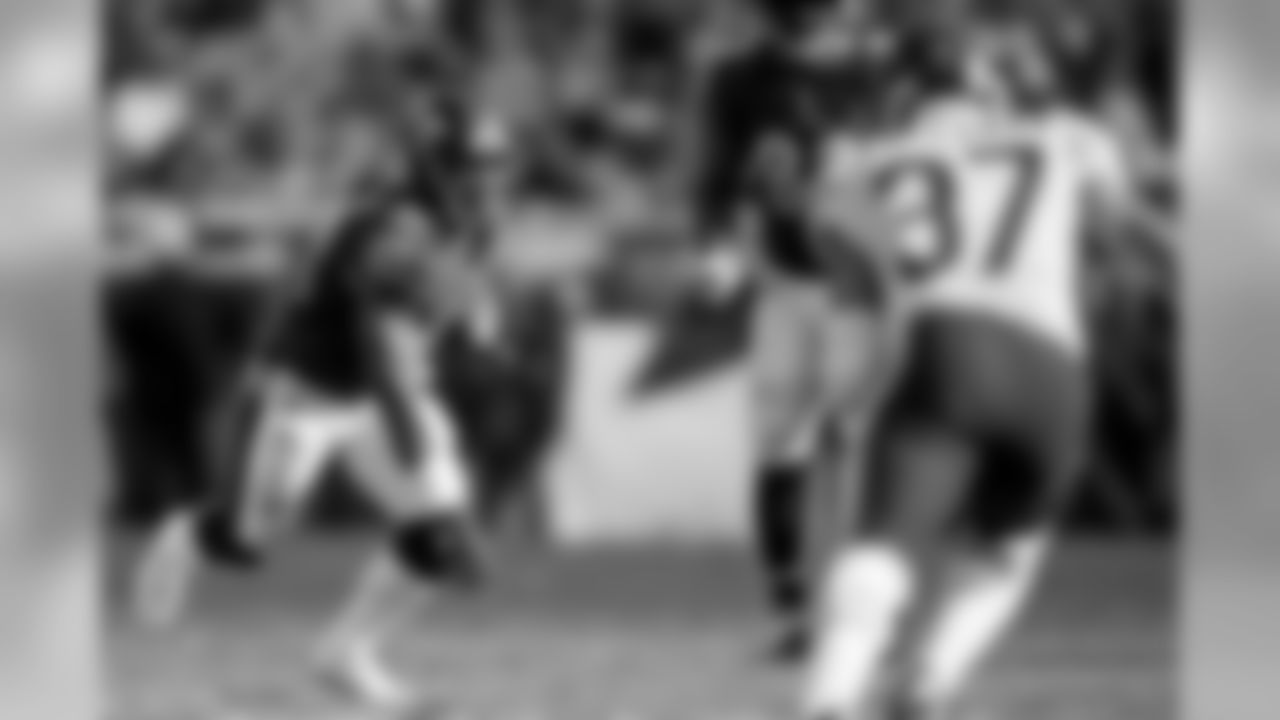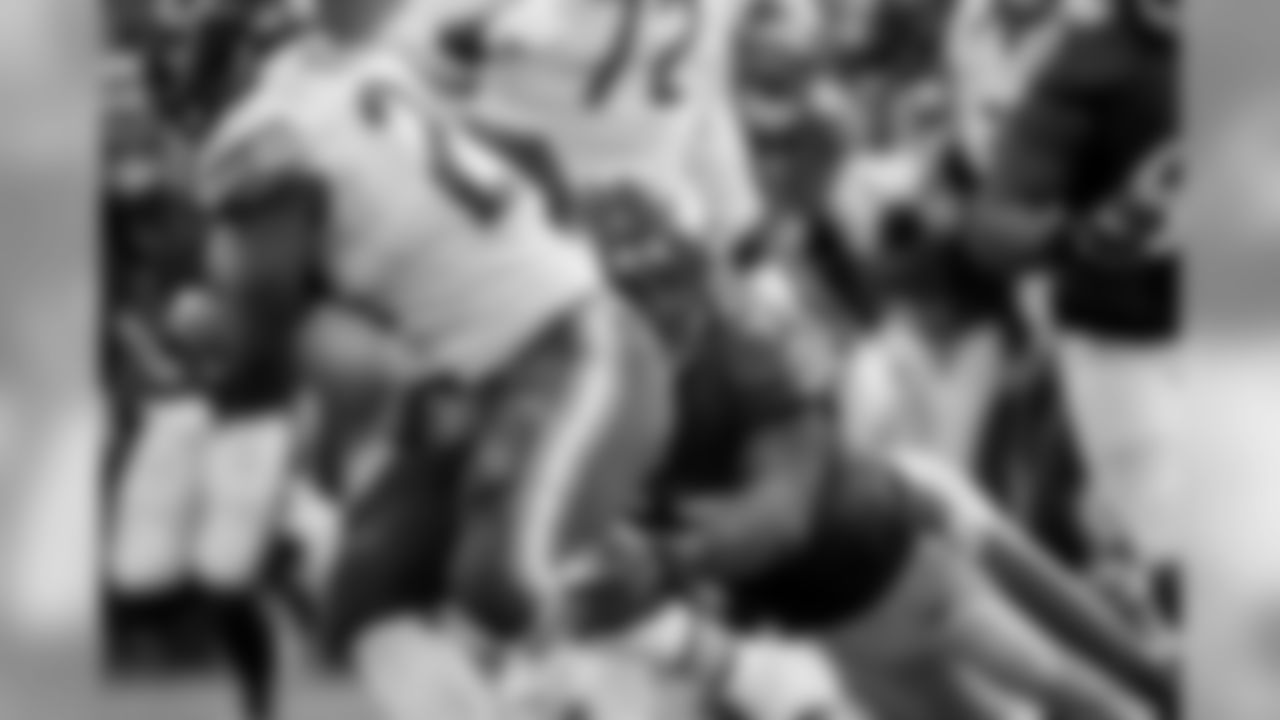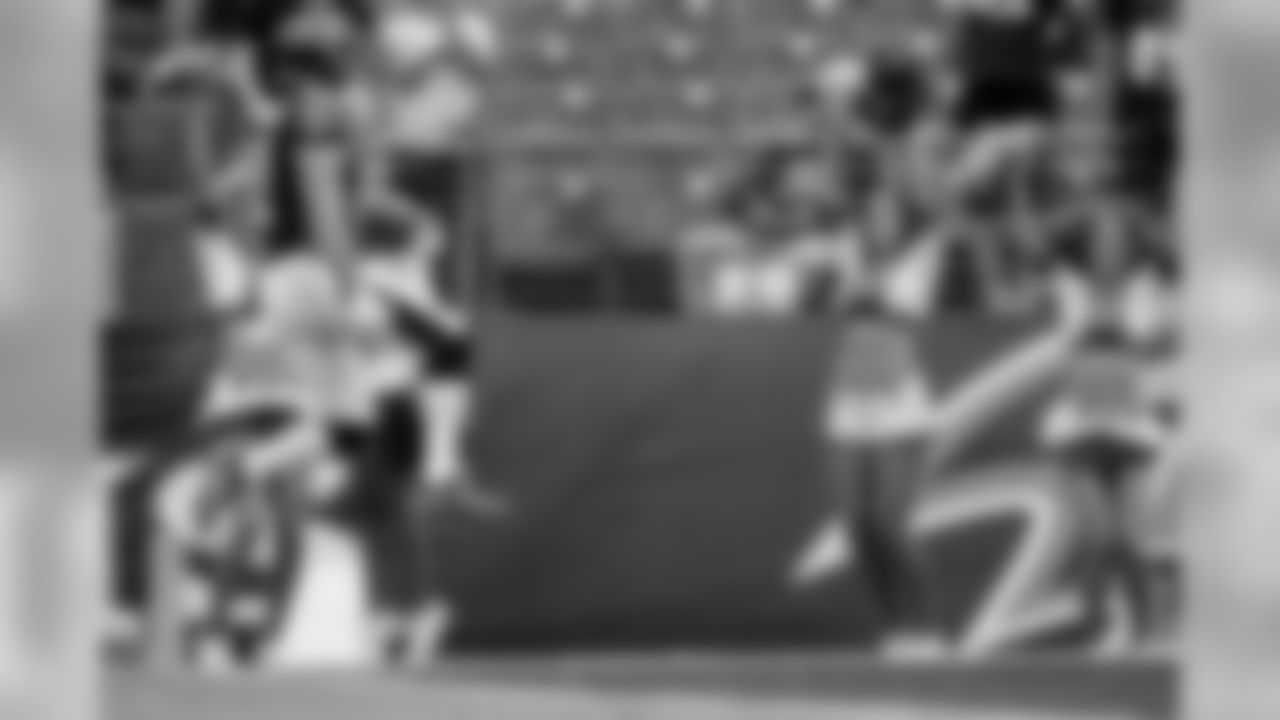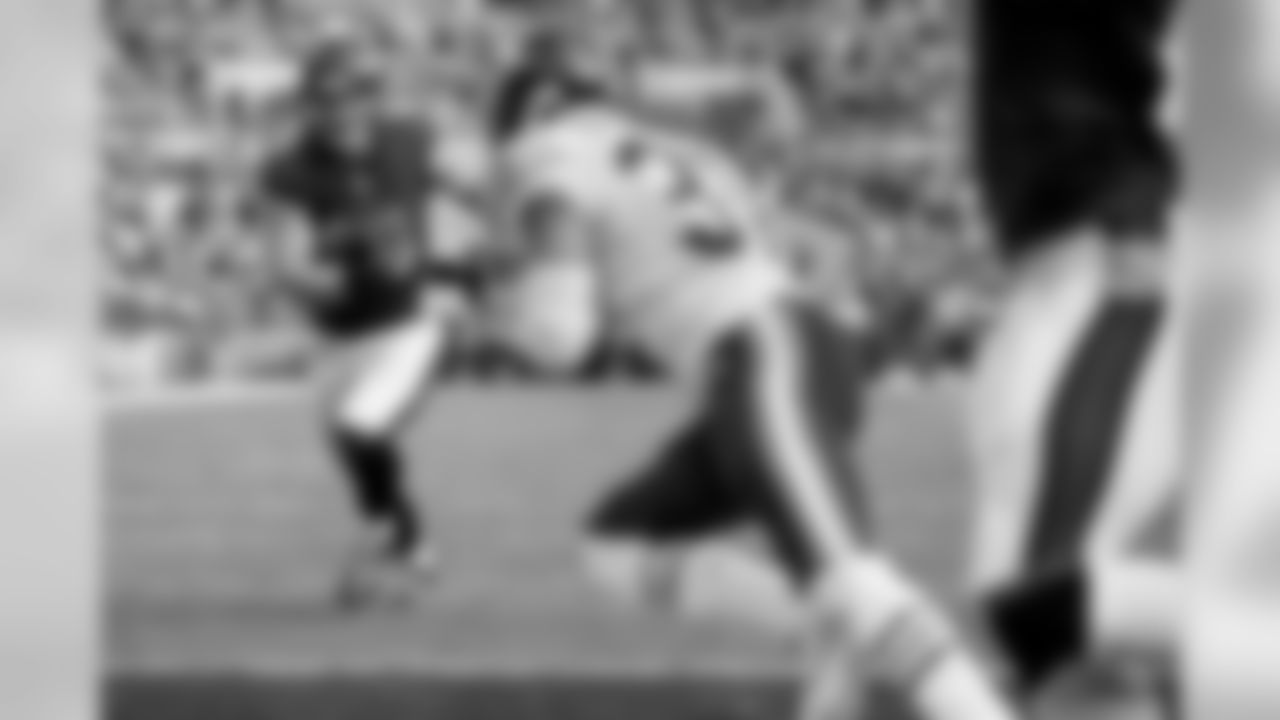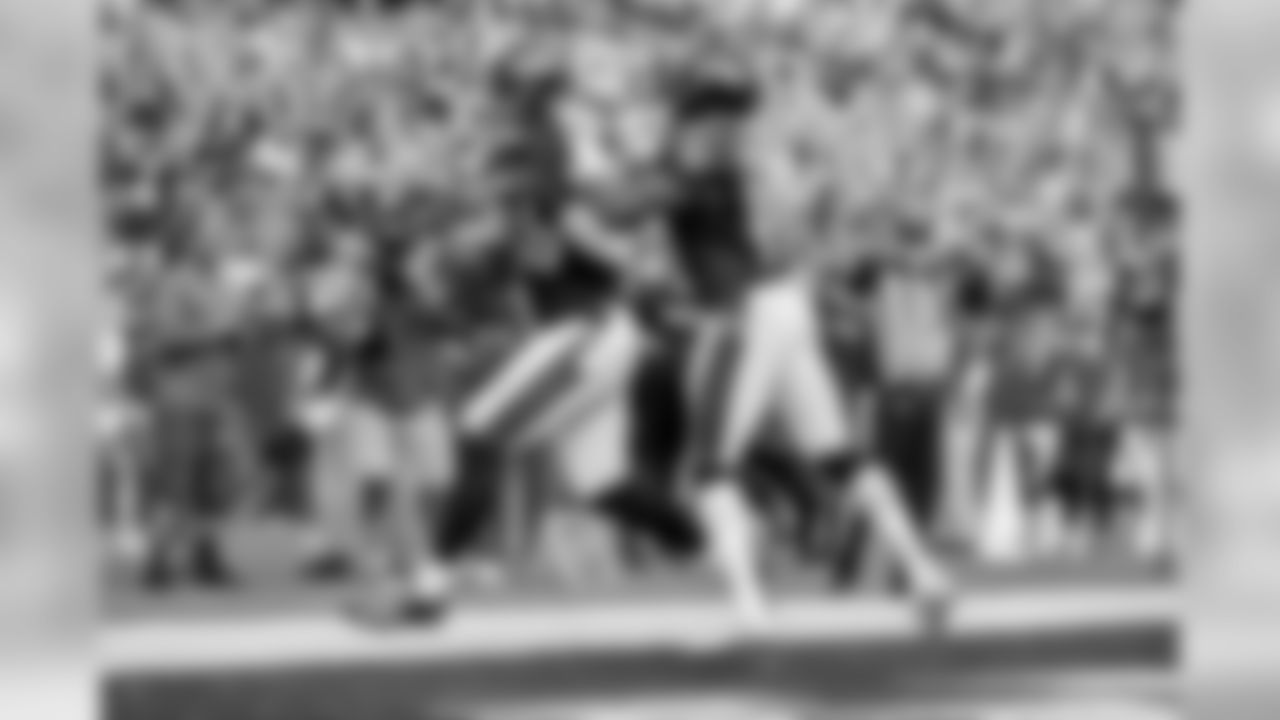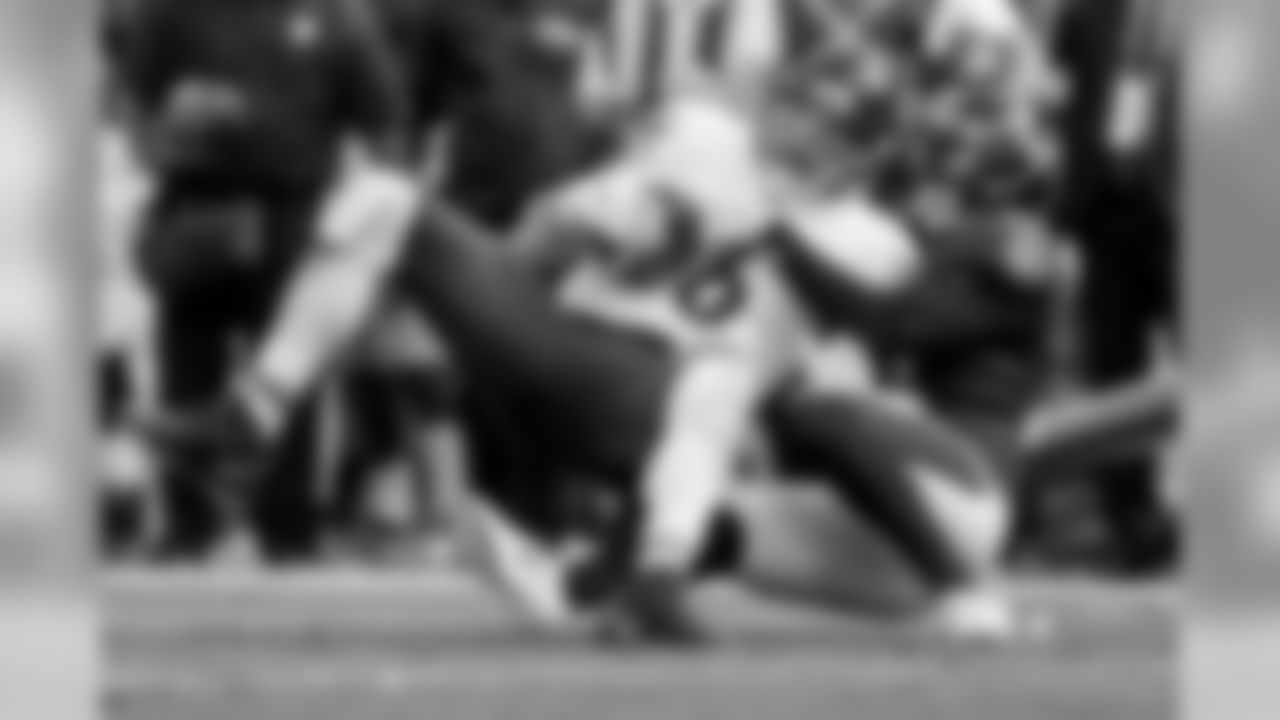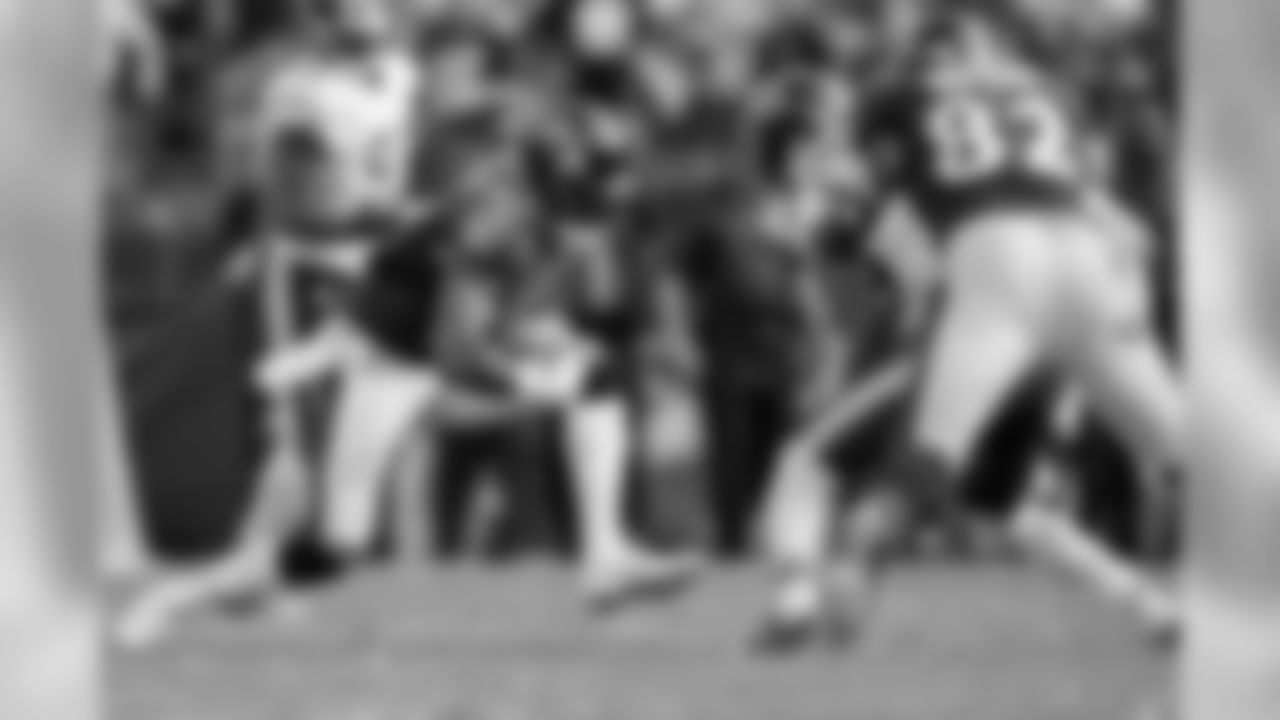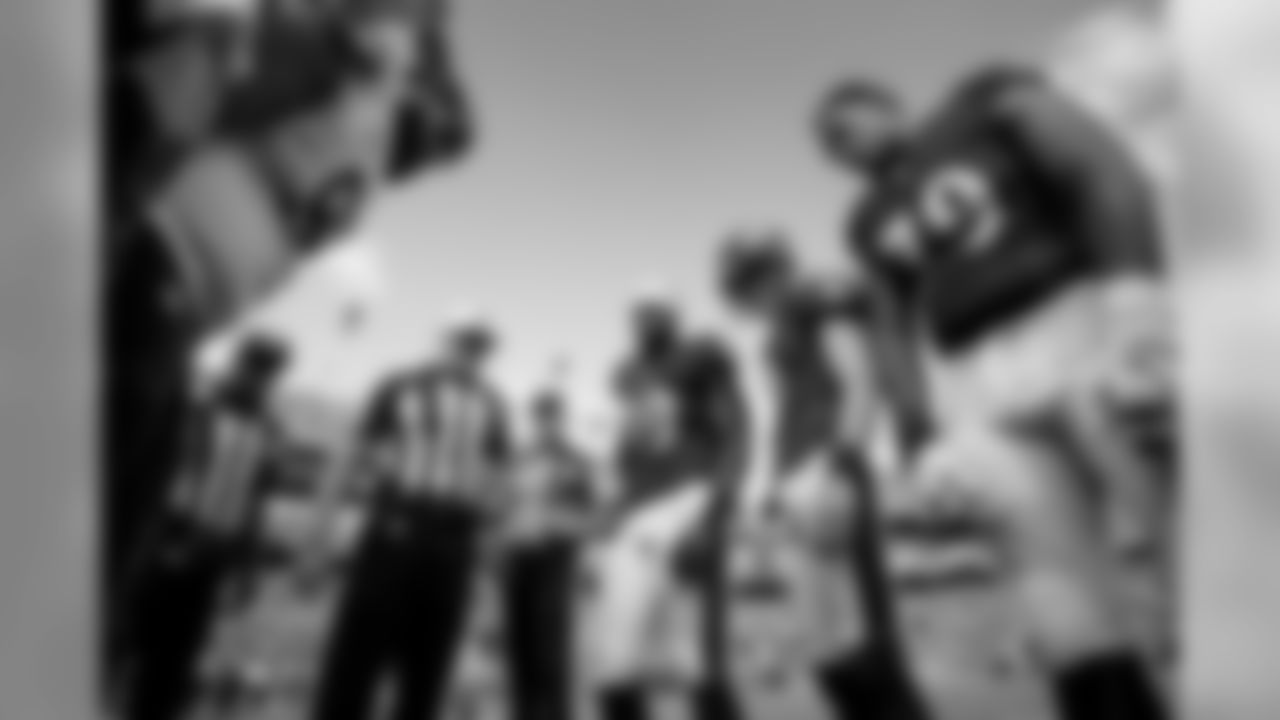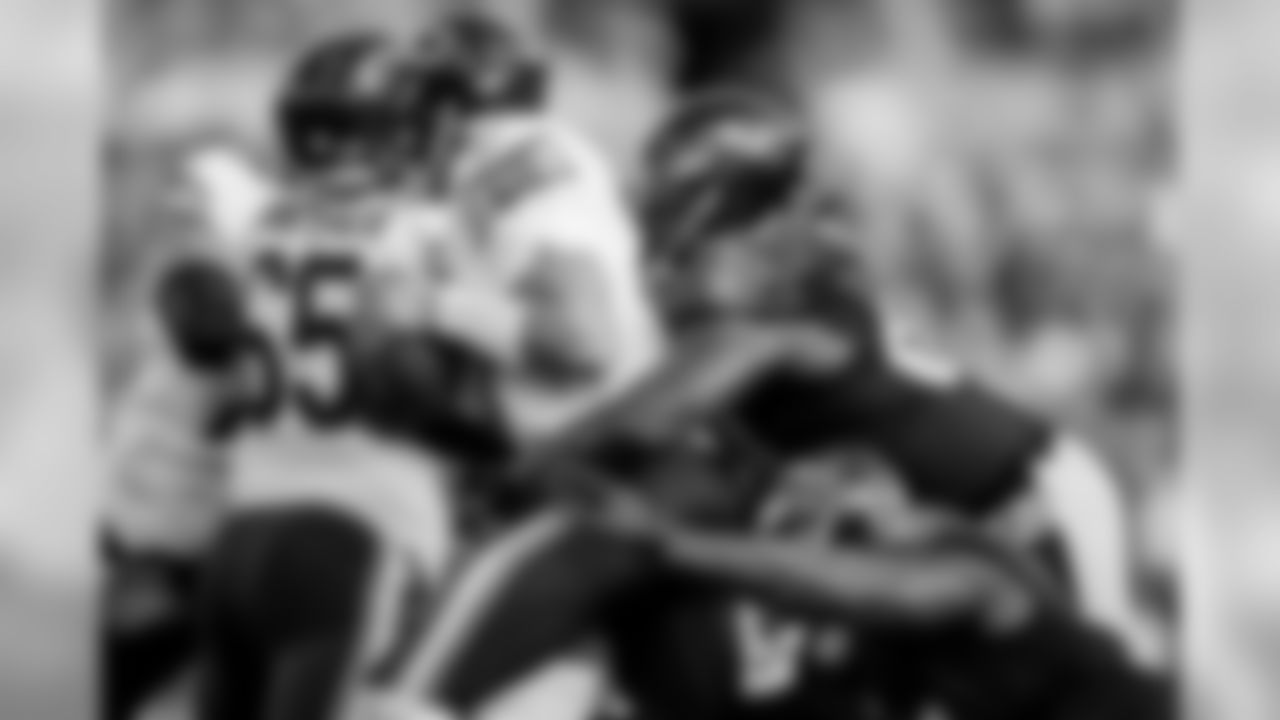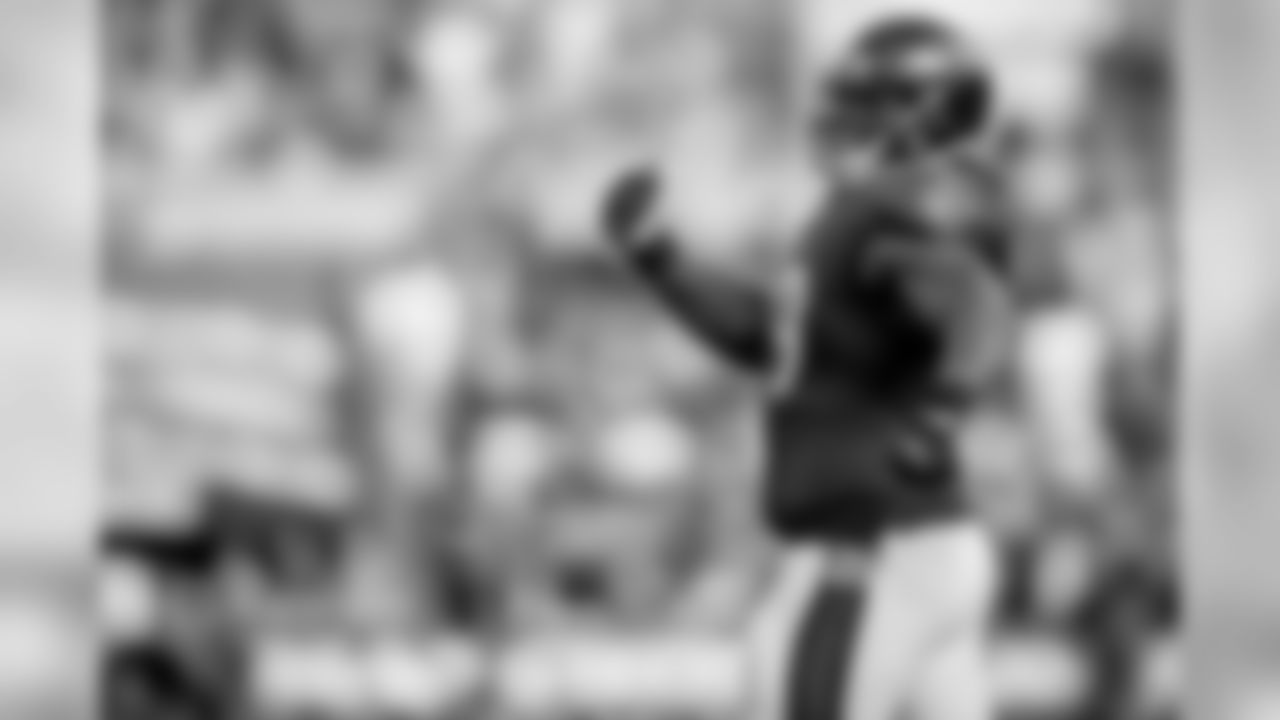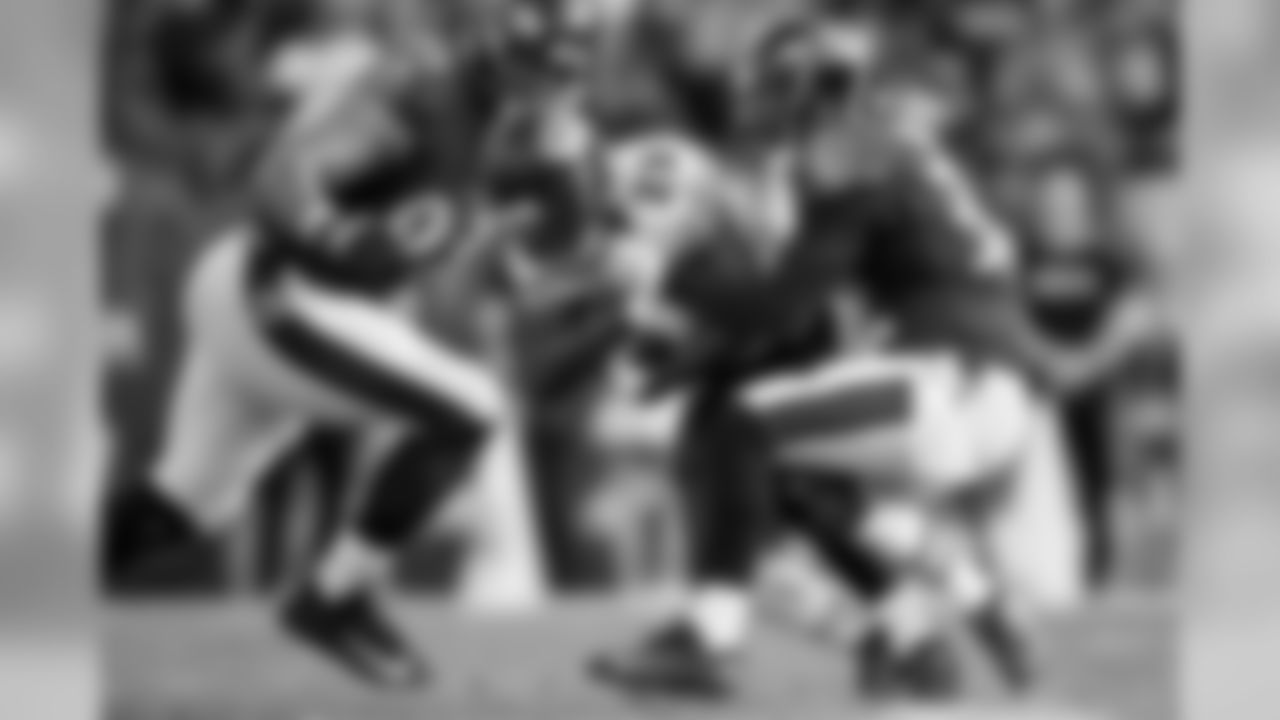Five thoughts on the Ravens' 27-24 overtime loss to the Chicago Bears Sunday at M&T Bank Stadium:
Most Devastating Defeat This Season, Even More Than Jags Loss
Coming in, I thought it would be a day to gauge how the Ravens won, not whether they won. The Bears had a 1-4 record and were on a 10-game road losing streak that dated to 2015. They were starting a rookie quarterback and had the league's worst turnover ratio. It's the kind of home game you're definitely supposed to win if you're a bona fide contender, but the Ravens didn't measure up. Their offense couldn't move the ball consistently, as best evidenced by the unit's failure to convert 15 of 18 third downs into firsts. Their defensive interior yielded against the run. The best thing you can say is the Ravens kept scrapping and rallied to force overtime after trailing by 11 points with three minutes to play. But the offense swung and missed on its only overtime possession and the defense let up a huge running play that set up the Bears' game-winning field goal. The result, in my opinion, is a more devastating defeat than the blowout loss to Jacksonville in London. That one was a clunker you just throw out. This one – at home, against a team almost surely not headed for the playoffs, with a miracle rally wasted – is the kind that's liable to keep an organization's decision-makers awake at night.
Reviewing the Irony of the Overtime Sequence
Let me make sure I set the scene correctly here. When the Bears offense began its second overtime possession, it was in deep trouble. The ball was on the Chicago 7-yard line, the end zone 93 yards away. The offense's last six possessions had produced zero points. Mitchell Trubisky, the Bears rookie quarterback, had passed for a grand total of 95 yards all day. By far the likeliest outcome, it seemed, was the Ravens defense would force a punt and Baltimore would have a chance to win. But Ravens safety Eric Weddle bounced off Chicago's Jordan Howard, who raced 53 yards to set up the winning field goal. You know what's ironic? The Ravens bulked up their secondary during the offseason in part to stop giving up costly chunk passing plays late in games, but a chunk running play did them in on this day – a day when the defense set a franchise record for most rushing yards allowed in a game.
**
Offensive Struggles More About Supporting Cast Than Quarterback**
There was optimism surrounding the offense after its strong performance in Oakland a week earlier, but many of the issues that dogged it before that game resurfaced. The downfield passing game was nonexistent. The offensive line struggled to give Joe Flacco time to throw. There was general sloppiness in the form of penalties, turnovers and drops. "We didn't play the way we wanted to, obviously," said receiver Michael Campanaro, whose 77-yard punt return for a touchdown temporarily offset all the problems, helping to force overtime. I'm not going to pin all the blame for the performance on Flacco. Both of his interceptions bounced off receivers' hands. With Jeremy Maclin (shoulder) and Breshad Perriman (concussion) out, he only had one proven downfield target, enabling the Bears to limit Mike Wallace. The rushing of Alex Collins and Buck Allen was again a bright spot, but overall, the fact that the offense produced zero touchdowns was more about the quarterback's supporting cast than the quarterback. Bottom line, just not enough playmakers and too many opportunities wasted.
**
Ravens Erased 11-Point Deficit Without Scoring Offensive Touchdown*
If the Ravens had won, we'd all be competing to come up with the cleverest nickname for the madness that unfolded heading into overtime. Because it *was madness. This game was over. The Bears had come in scrapping, led all the way, and then Bears safety Adrian Amos, a Baltimore native, a Calvert Hall product, came up with his first career interception and ran it back 90 yards for a touchdown that felt like a dagger. Chicago had an 11-point lead with 5:08 to play. How did the Ravens force overtime? Well, it only took a 49-yard Justin Tucker field goal, a defensive stop, Campanaro's brilliant punt return and a one-handed catch by Nick Boyle on a two-point conversion that tied the score. Yes, the Ravens erased that lead without scoring an offensive touchdown. If they'd won, we'd be calling it the M&T Miracle or the Chicago Shenanigan or something like that. But they lost, so no one's in the mood.
**
Quick Hits**
Lost in the defeat: a huge game from second-year linebacker Matthew Judon, who led the defense with 12 unassisted tackles, two quarterback hits and two sacks. He was still disconsolate. "I could have 45 sacks; it doesn't matter because we lost," he said ... Although Howard's long run set up the winning kick, it took one more huge play to get the Bears in position. On a third-and-11 play at the Baltimore 41, Trubisky stood in the pocket and completed an 18-yard pass to receiver Kendall Wright, who got open over the Ravens' Lardarius Webb. There's no field-goal attempt without that completion ... The Ravens are now 5-19 since 2014 in games in which their opponent scores first ... Five days after he was signed off the street, Bobby Rainey kept the Ravens in the game with a 96-yard kickoff return for a touchdown. Yes, the special teams produced two touchdowns, which was two more than the offense.
Check out all the best photos from M&T Bank Stadium as the Ravens battle the Bears in week 6 of the 2017 season.
